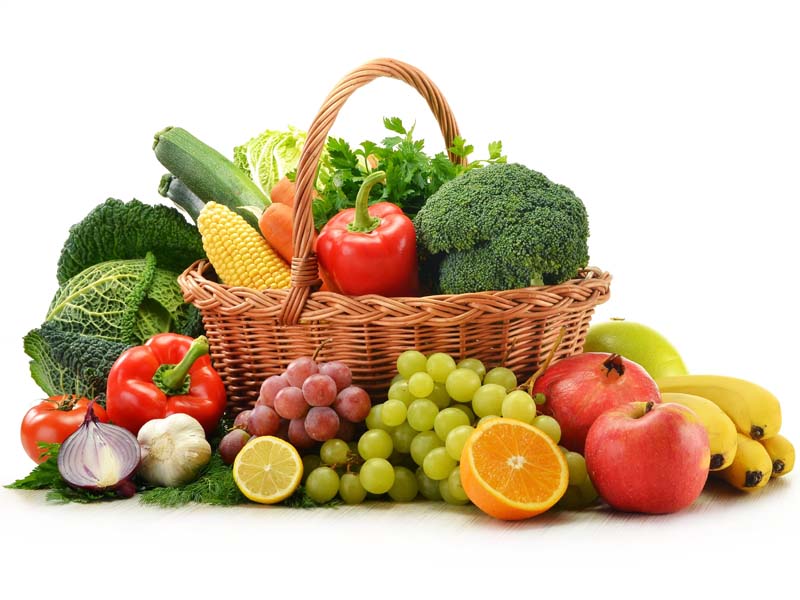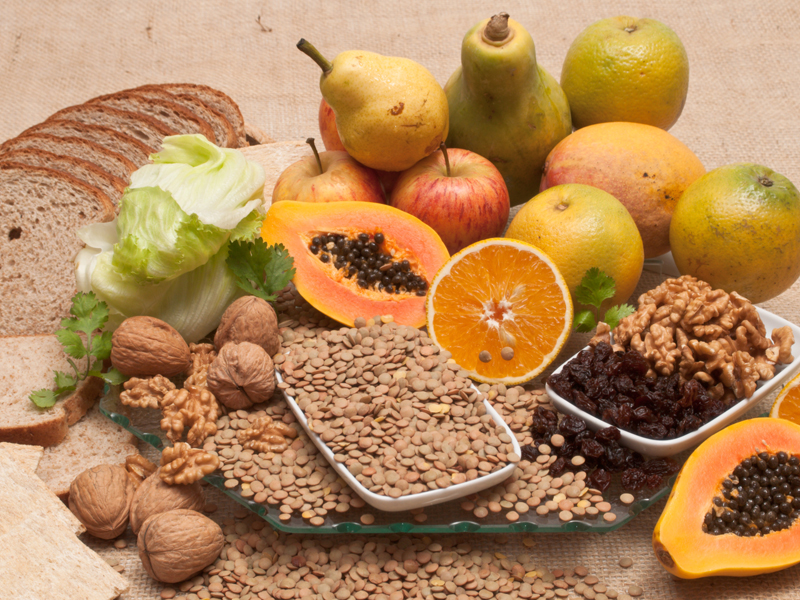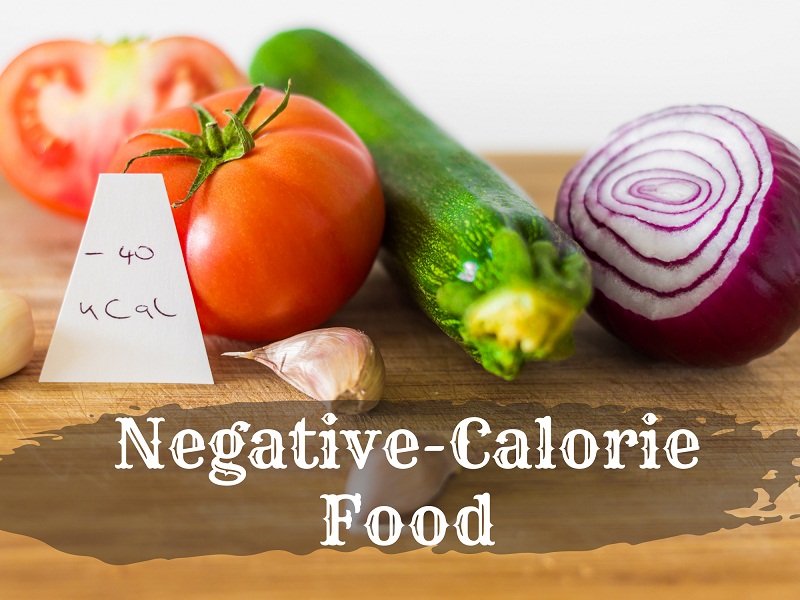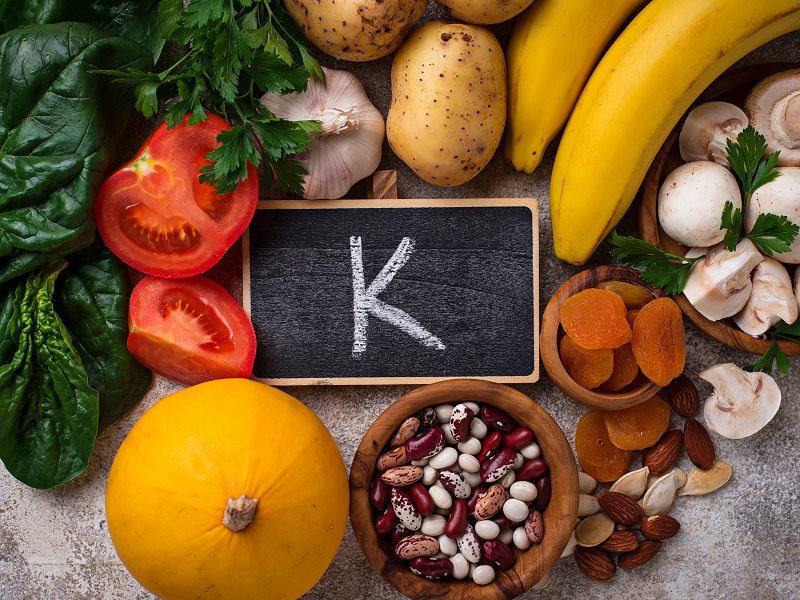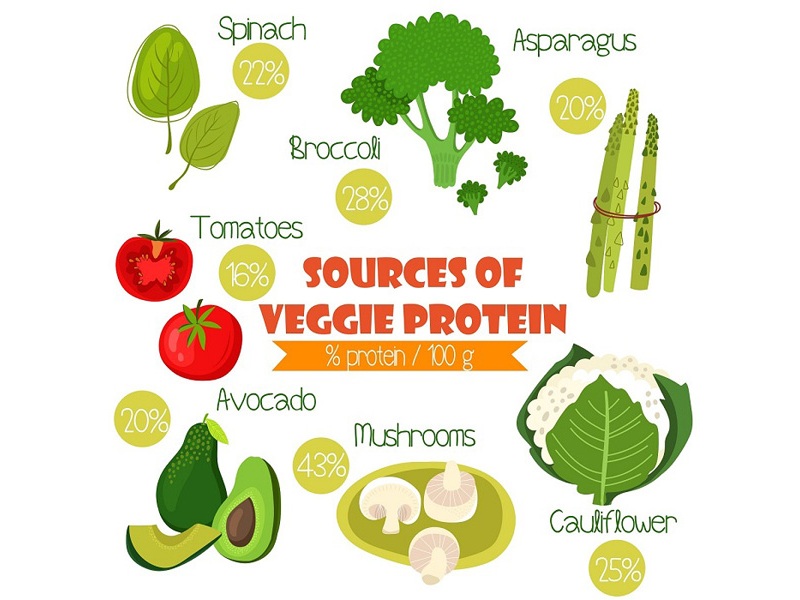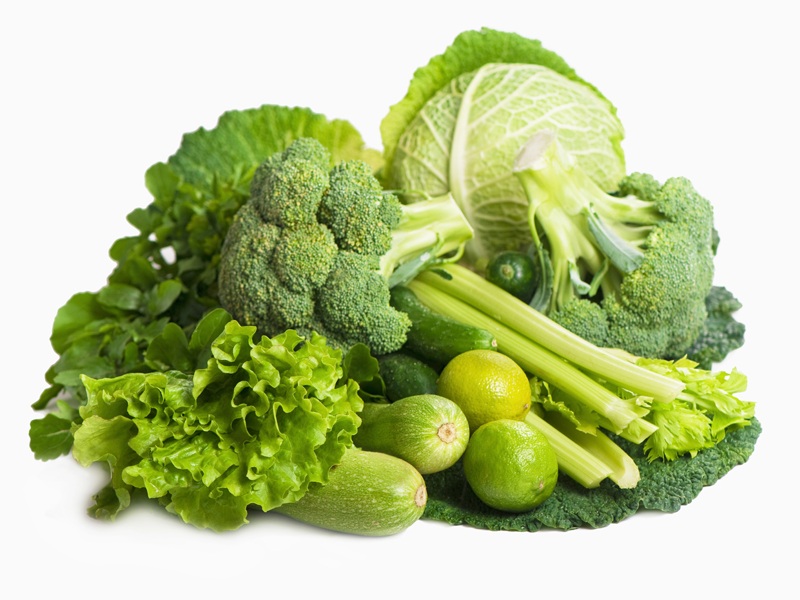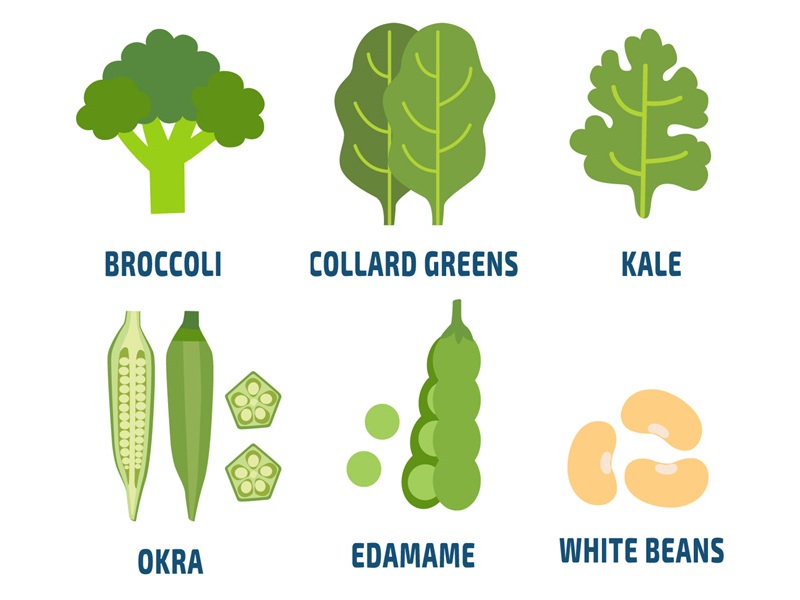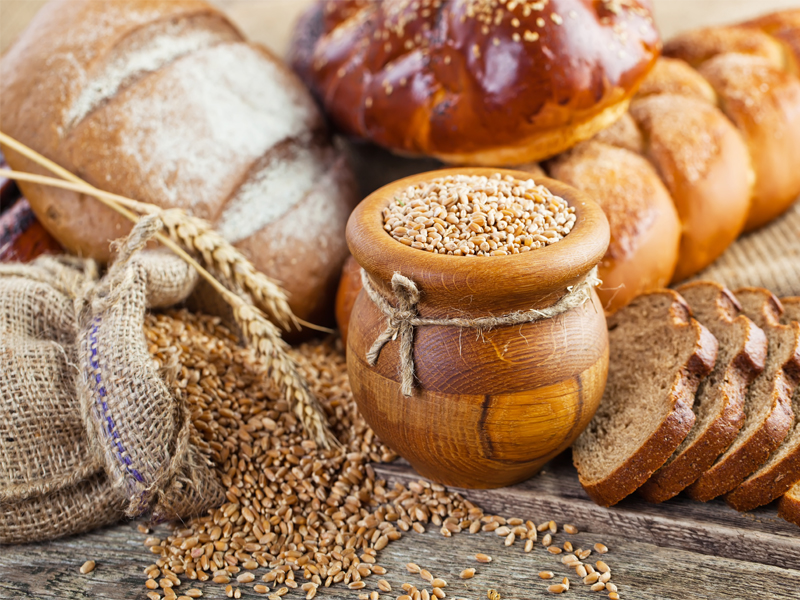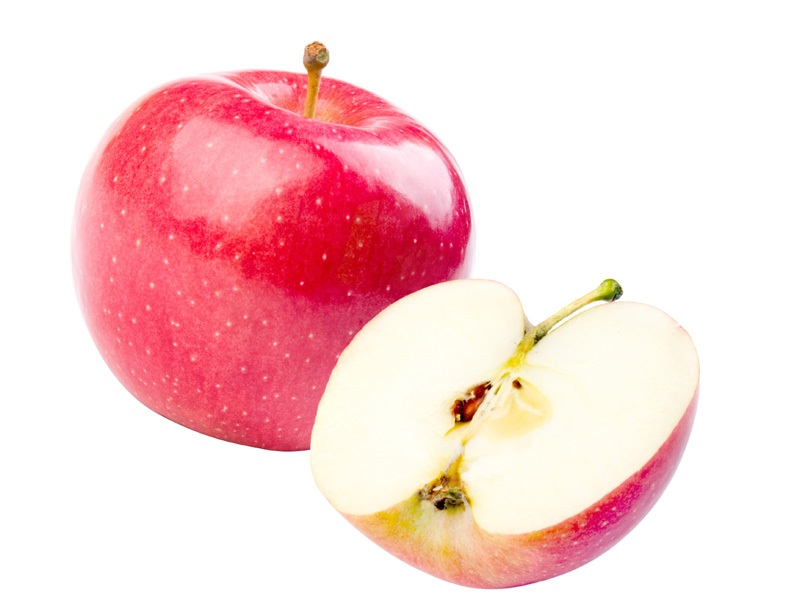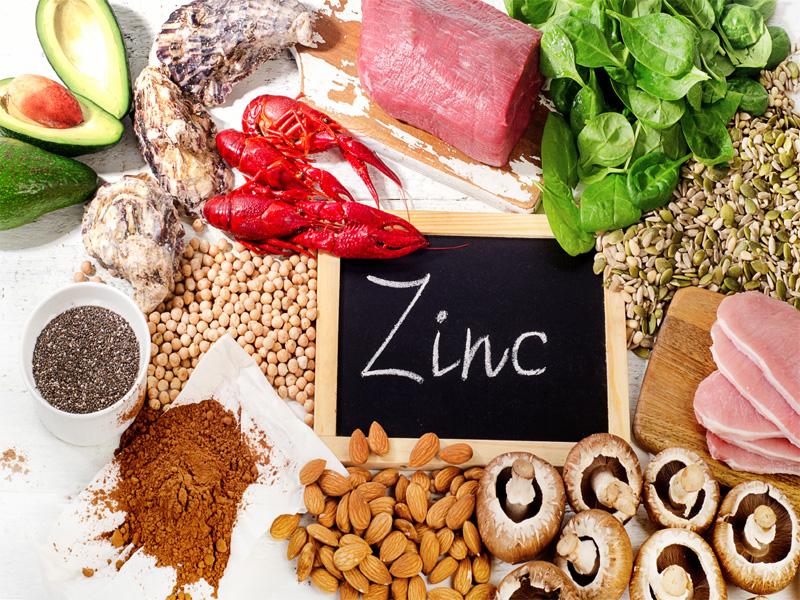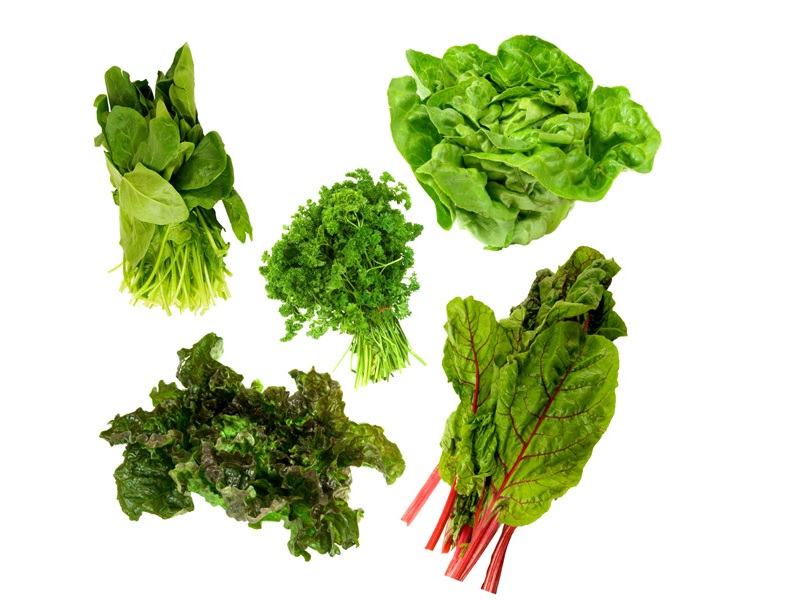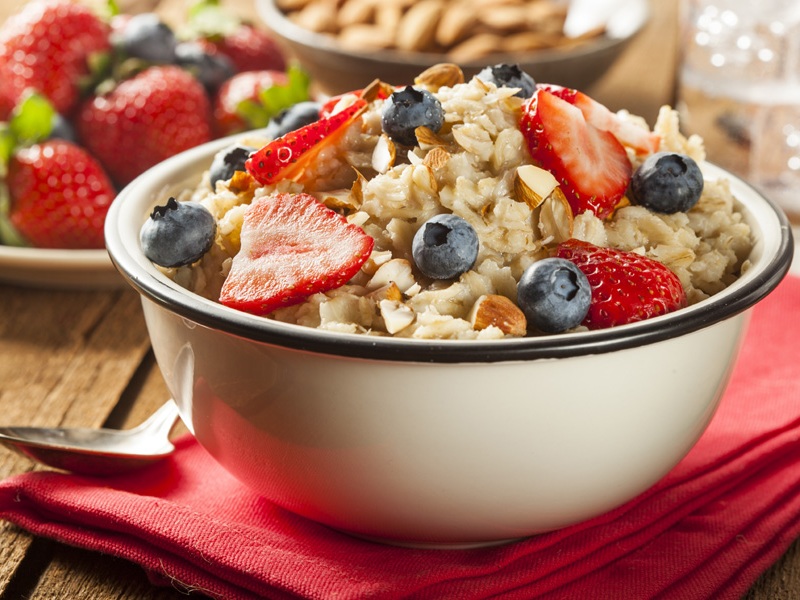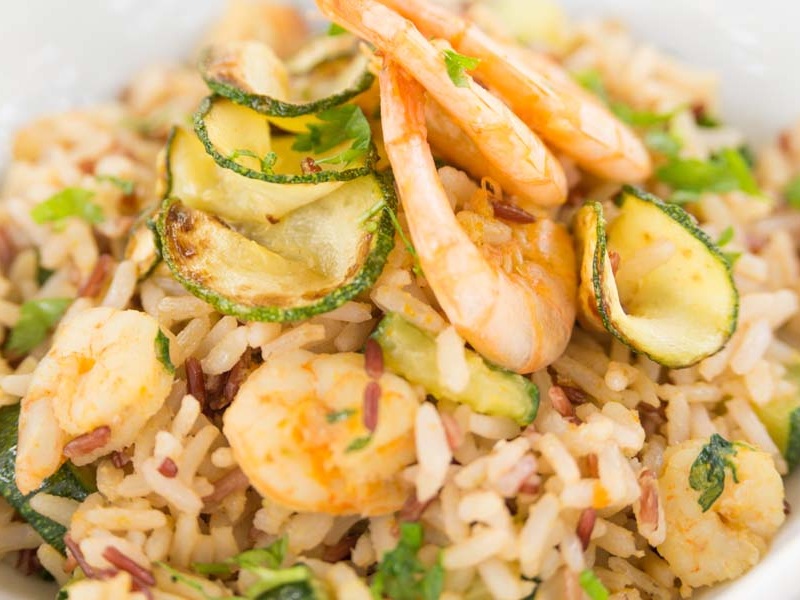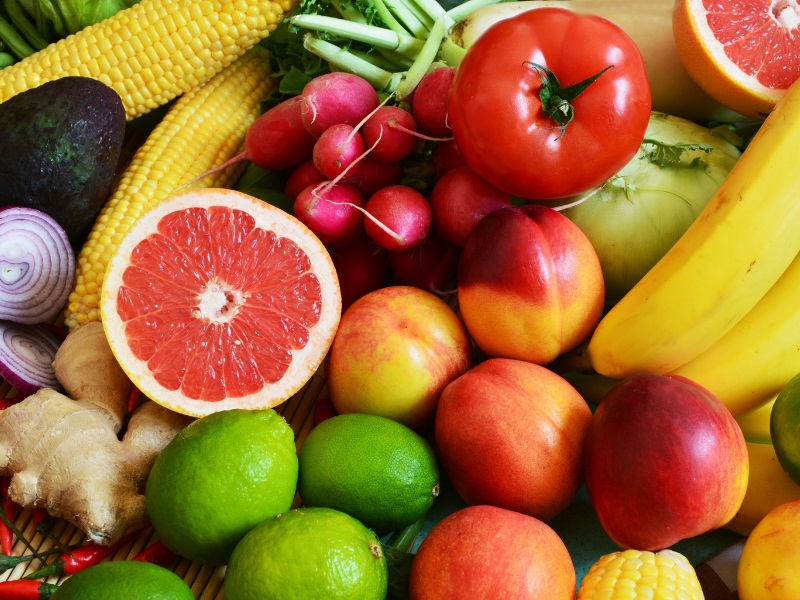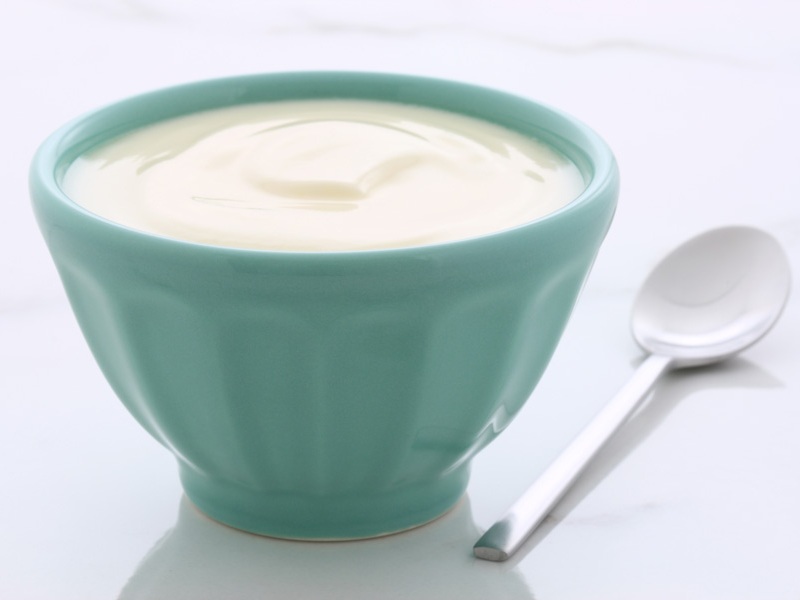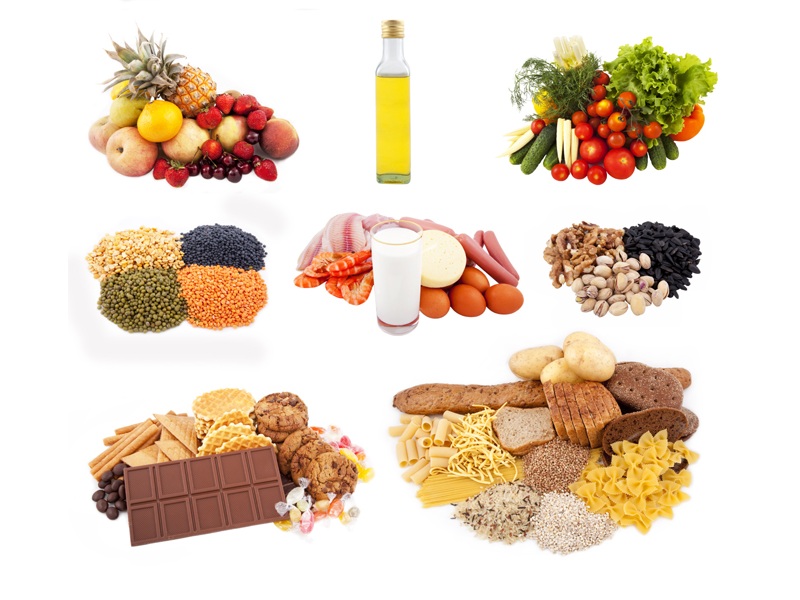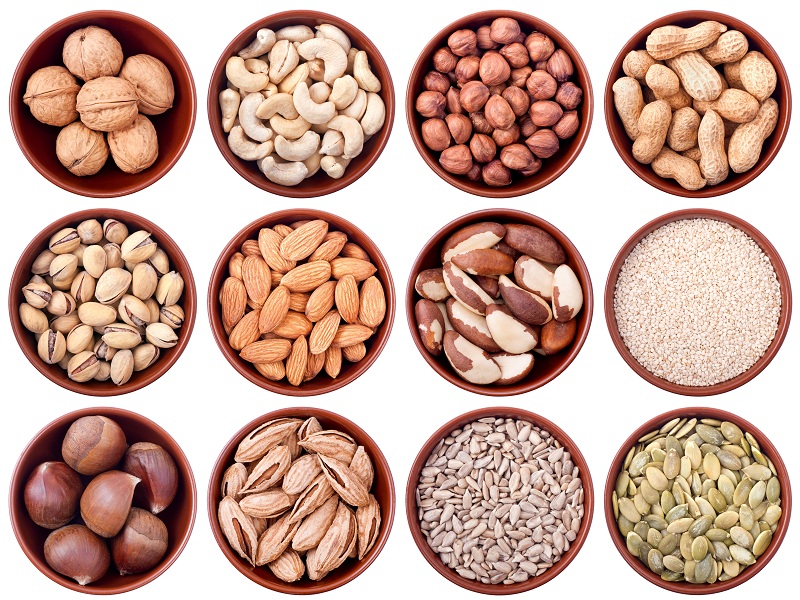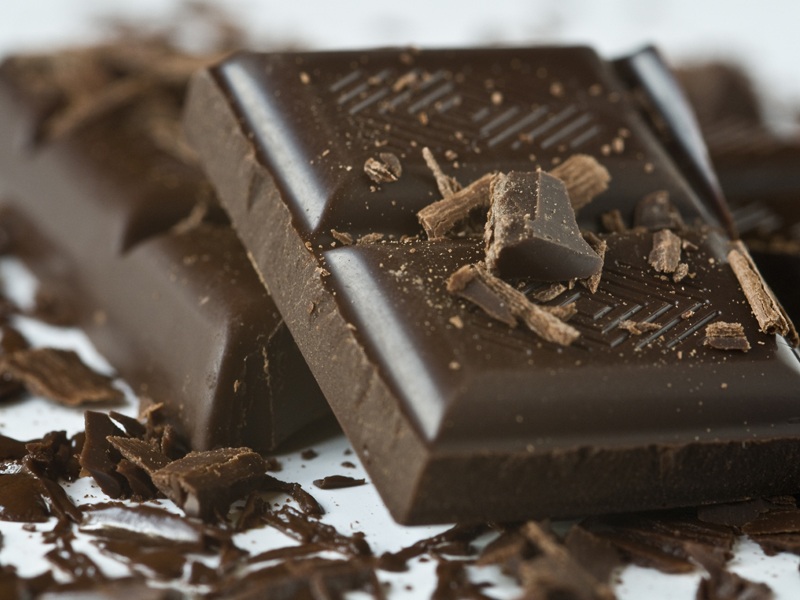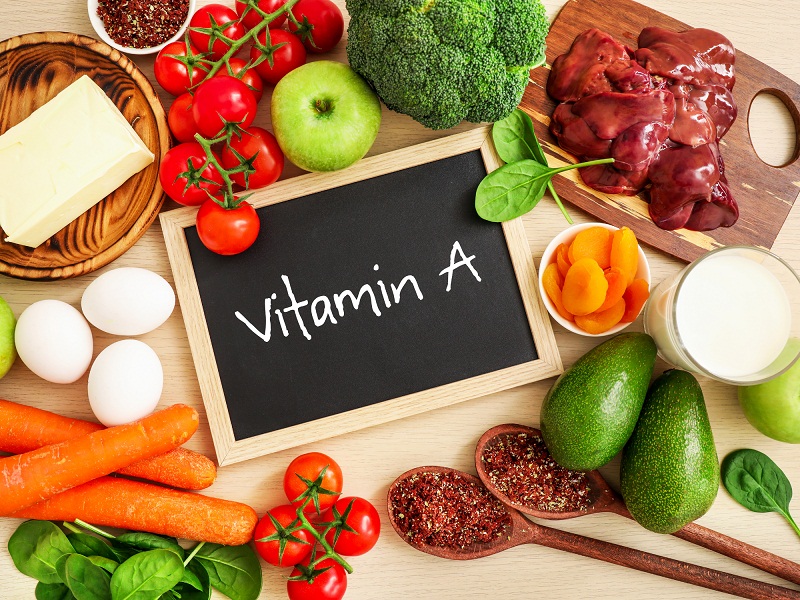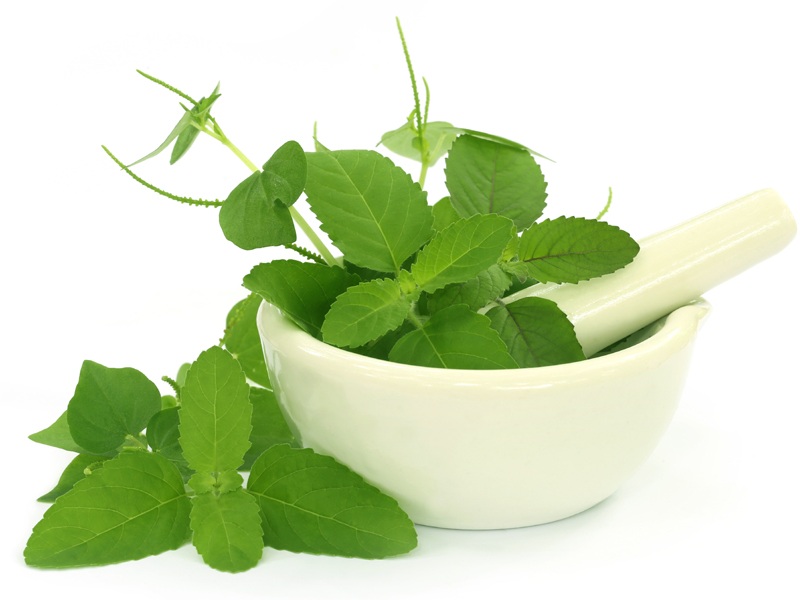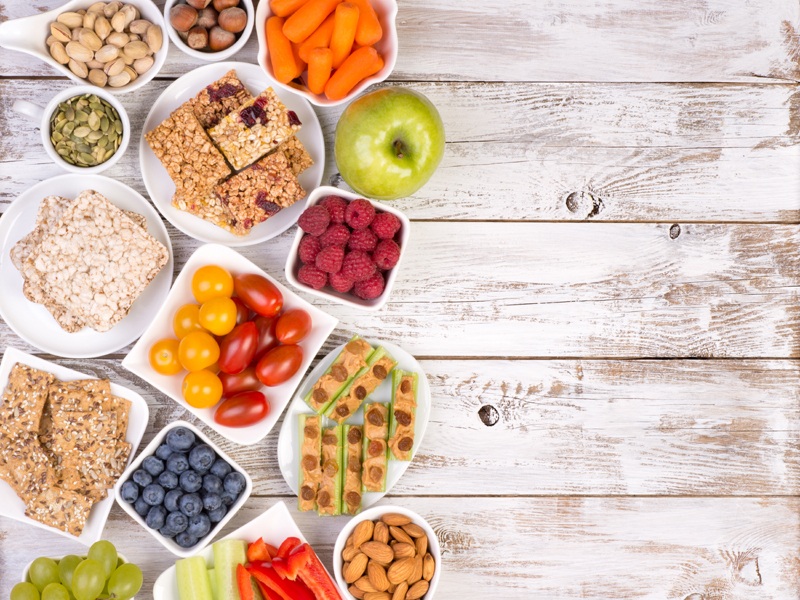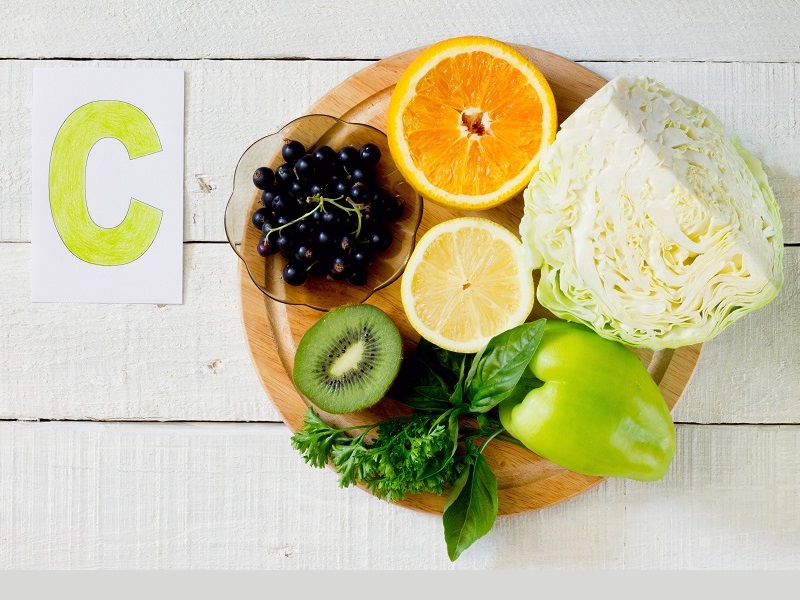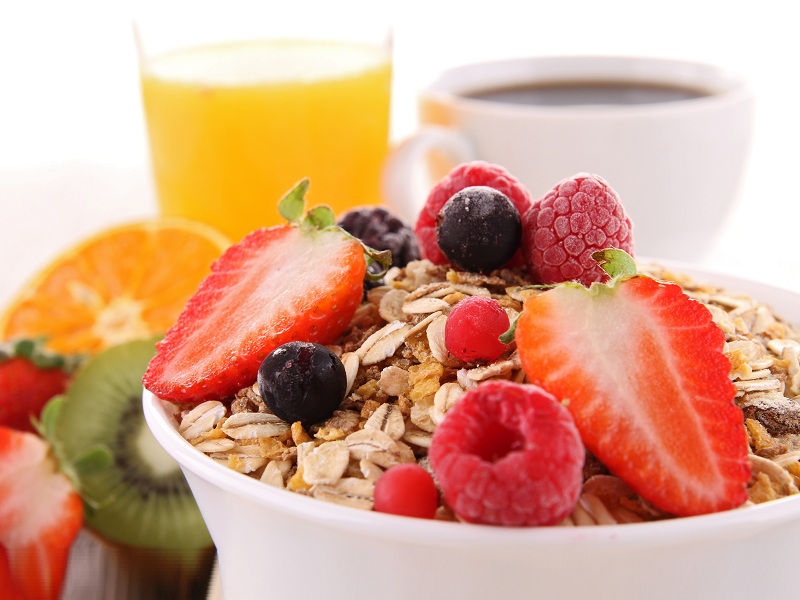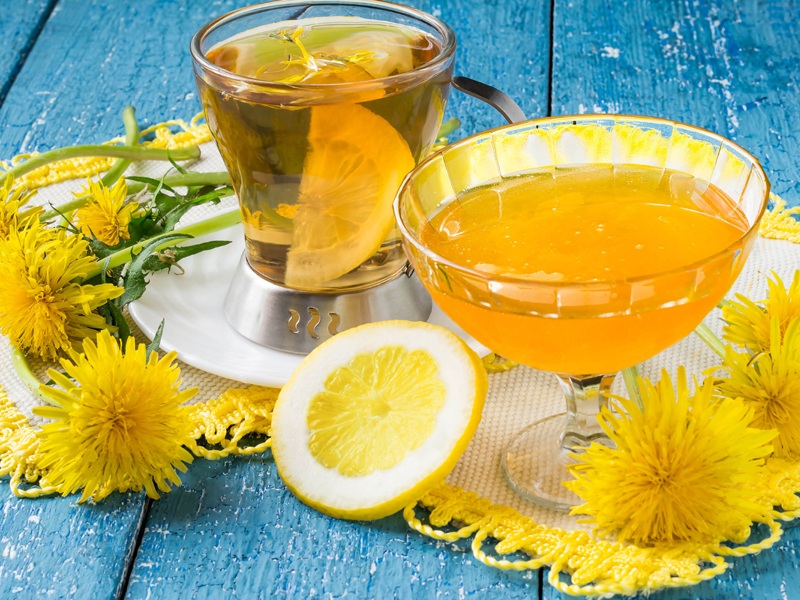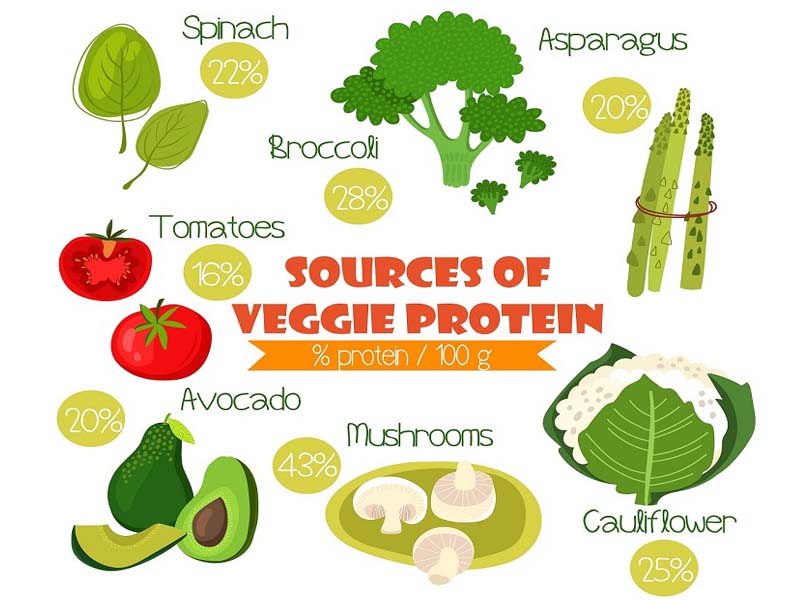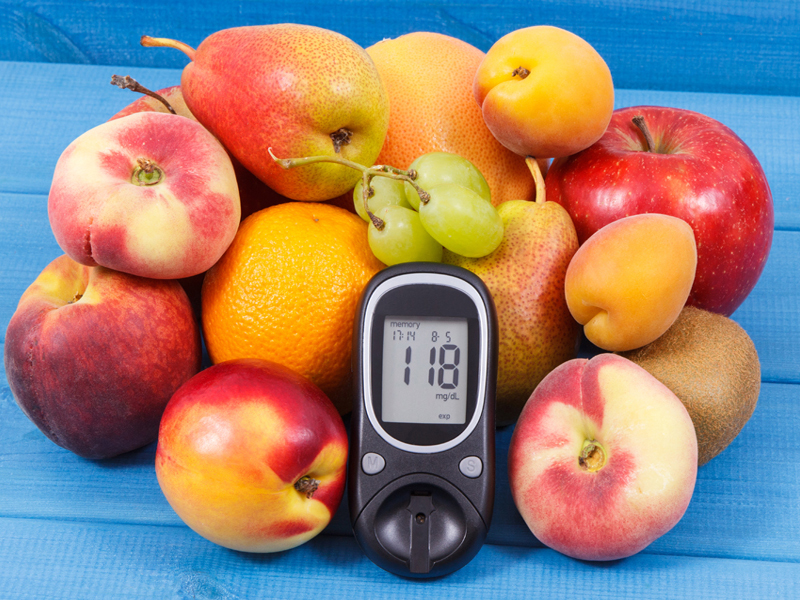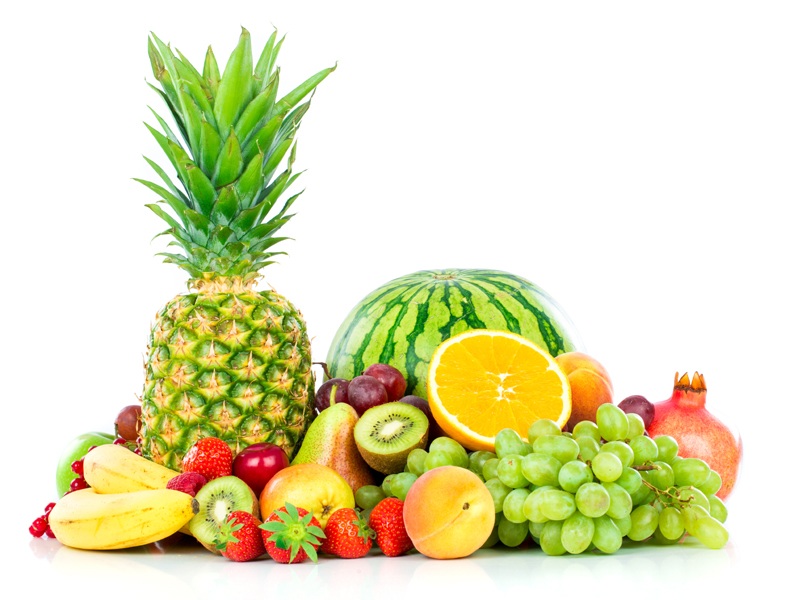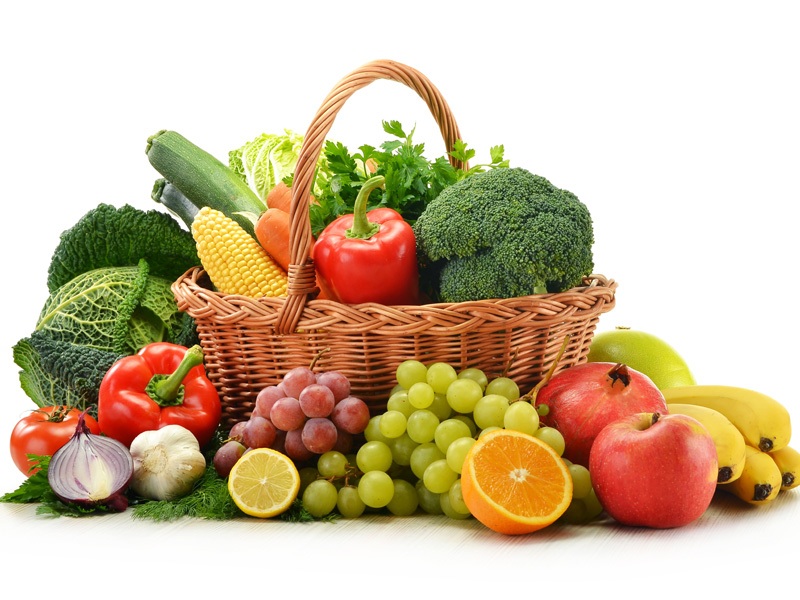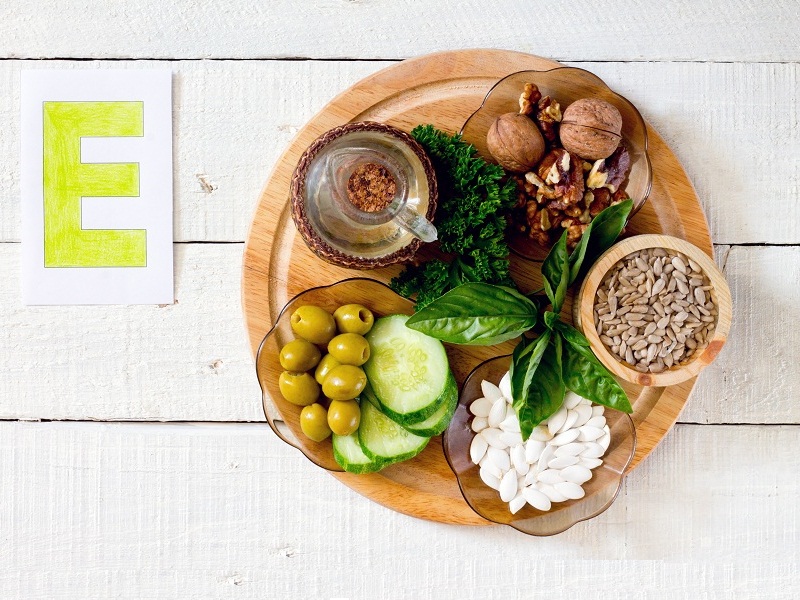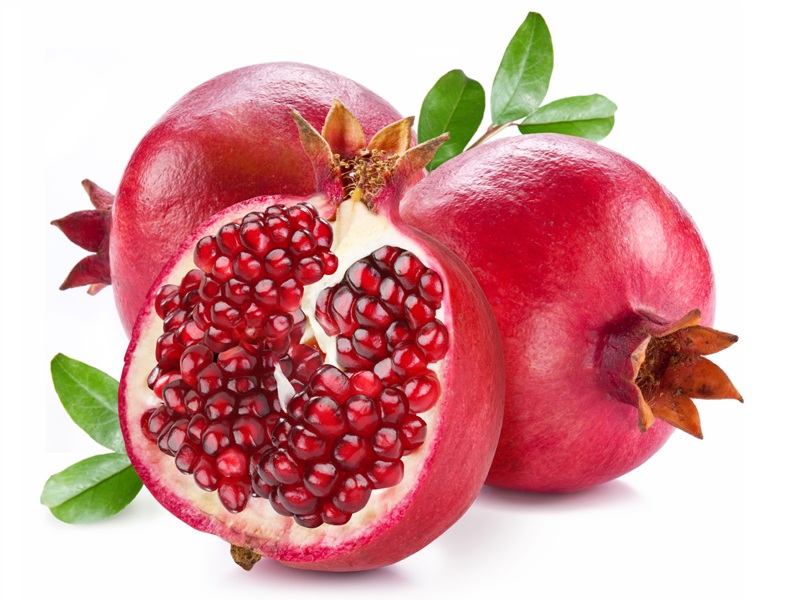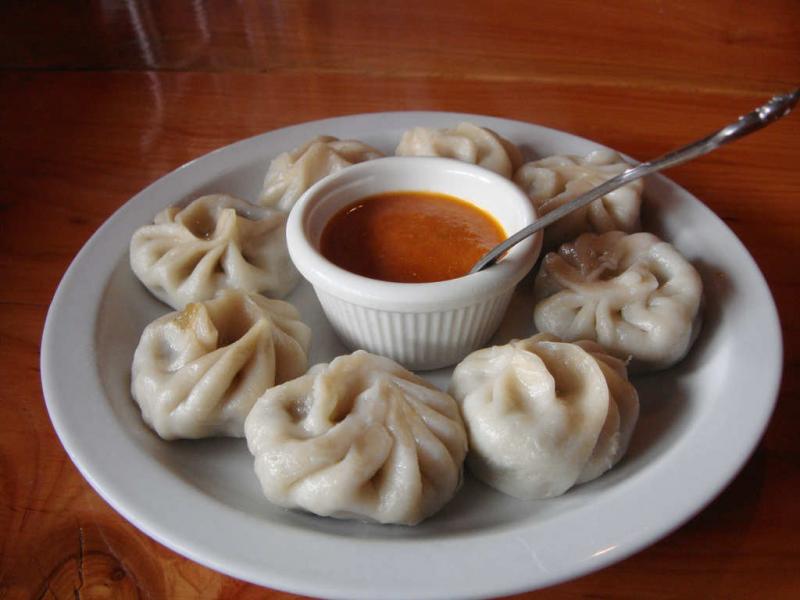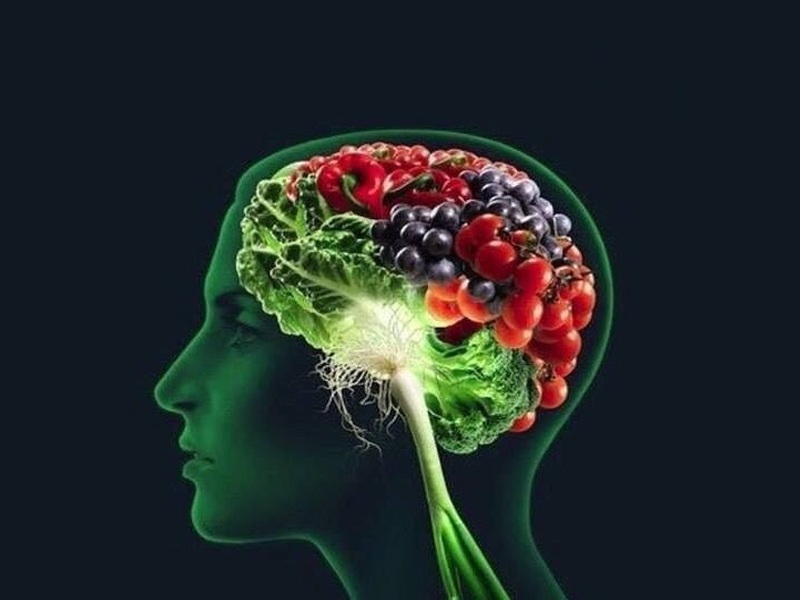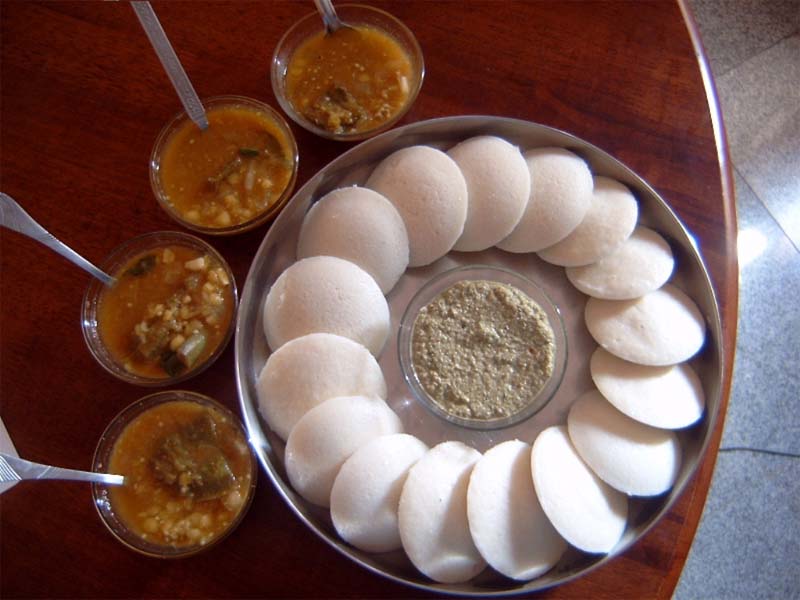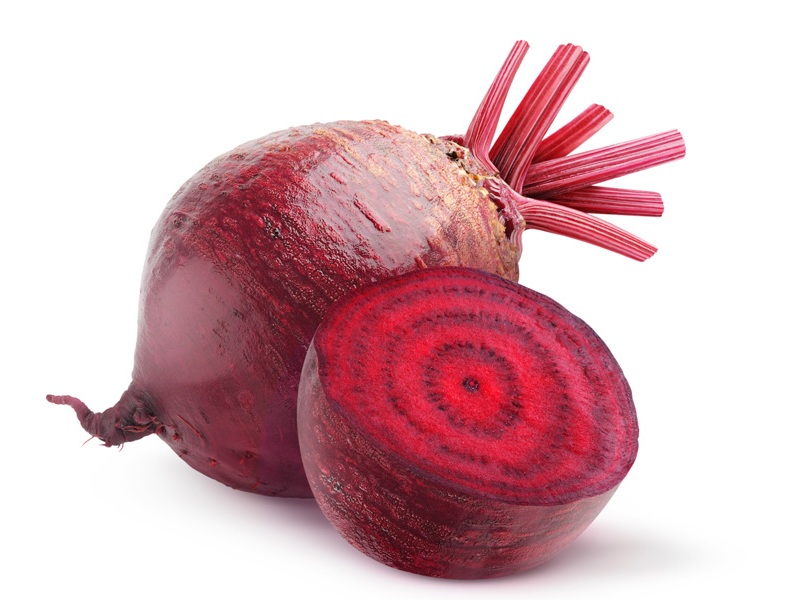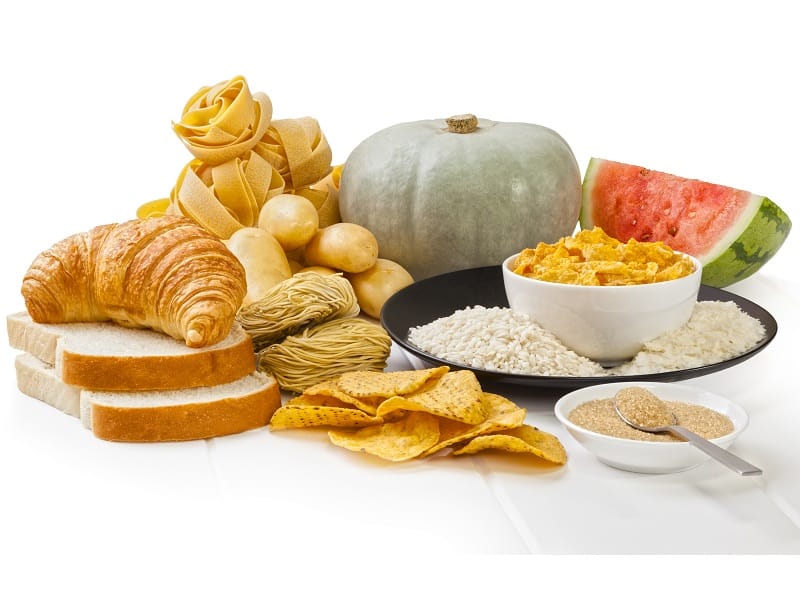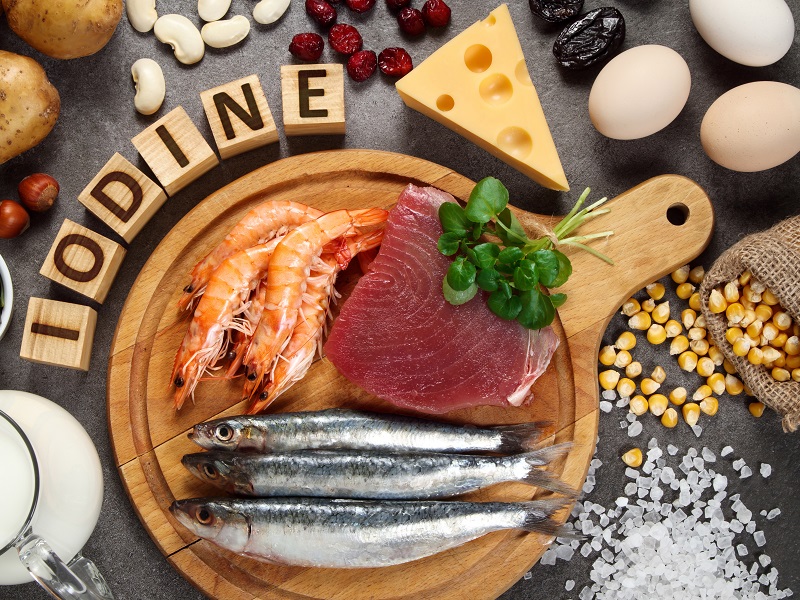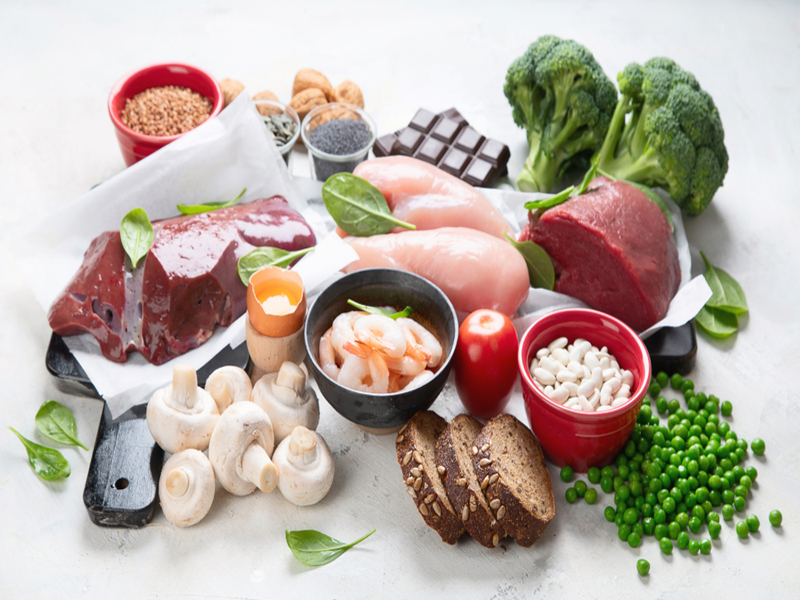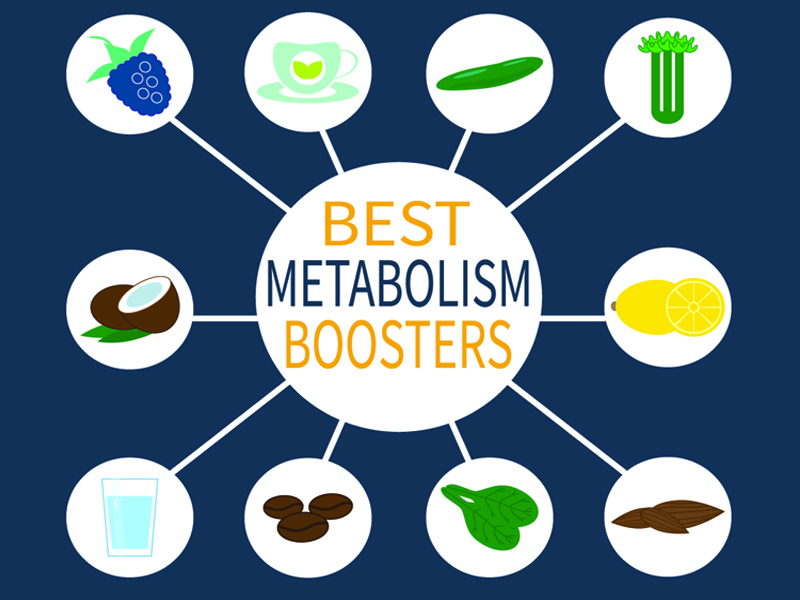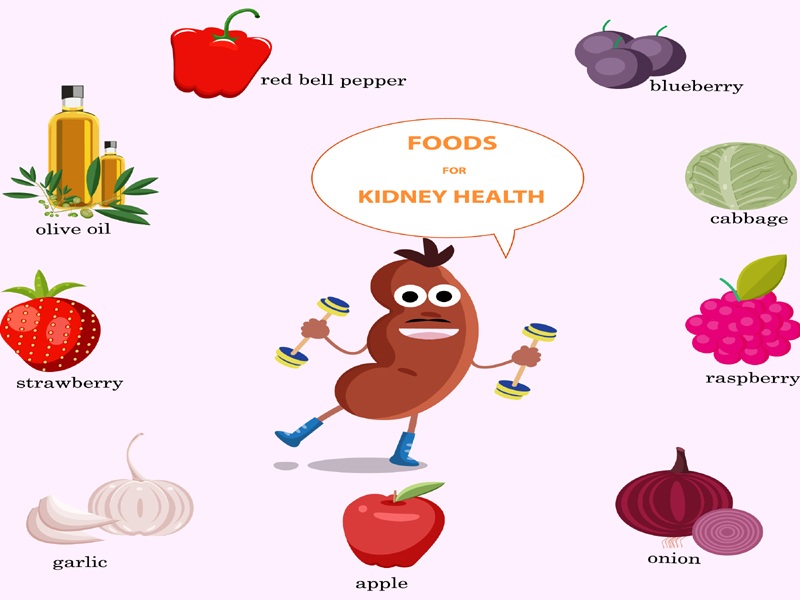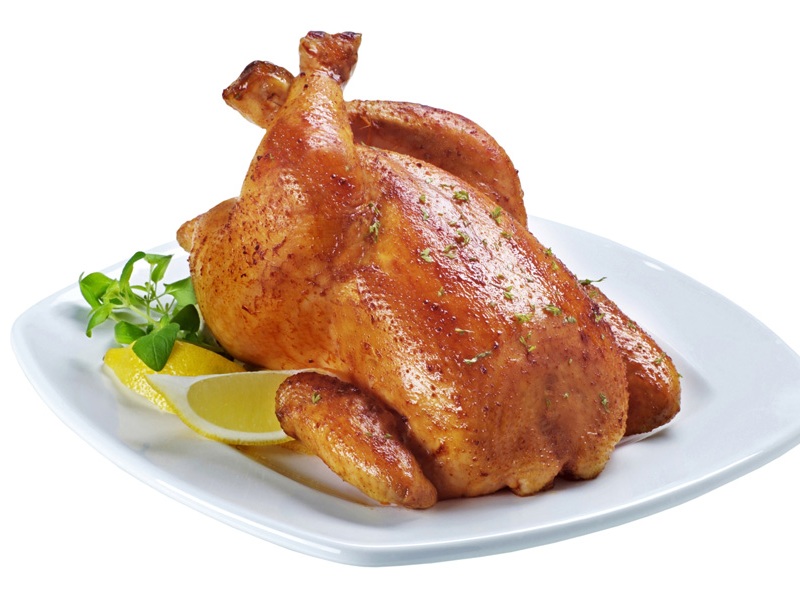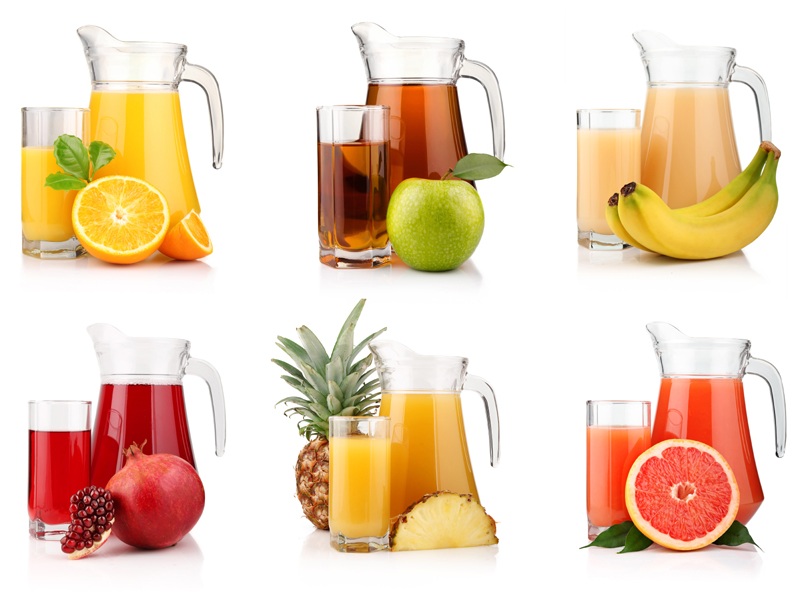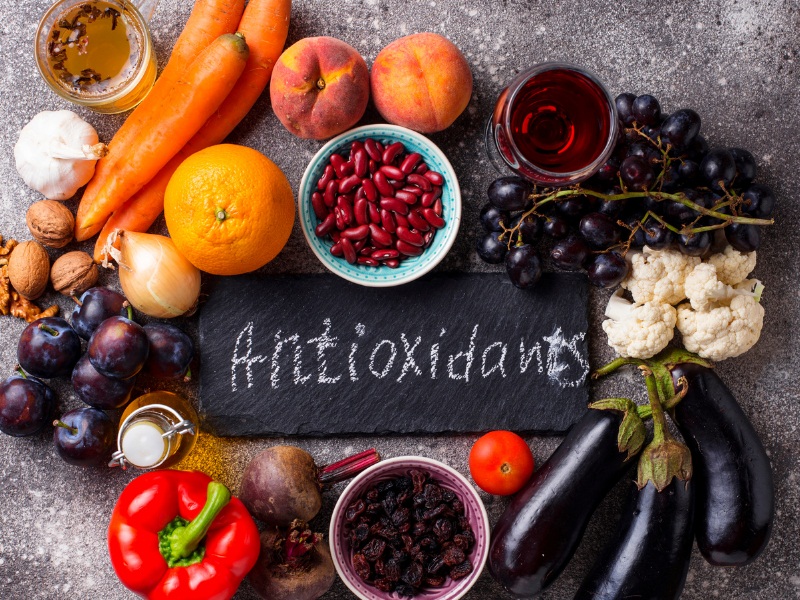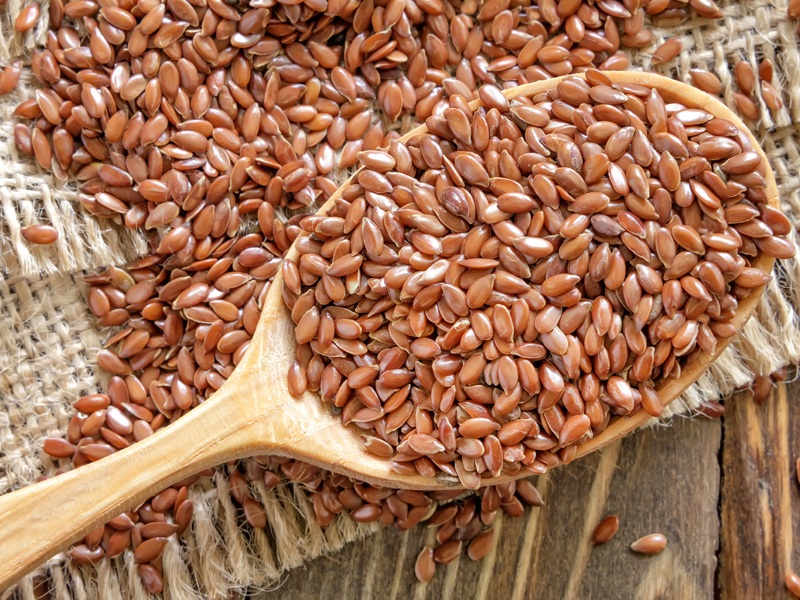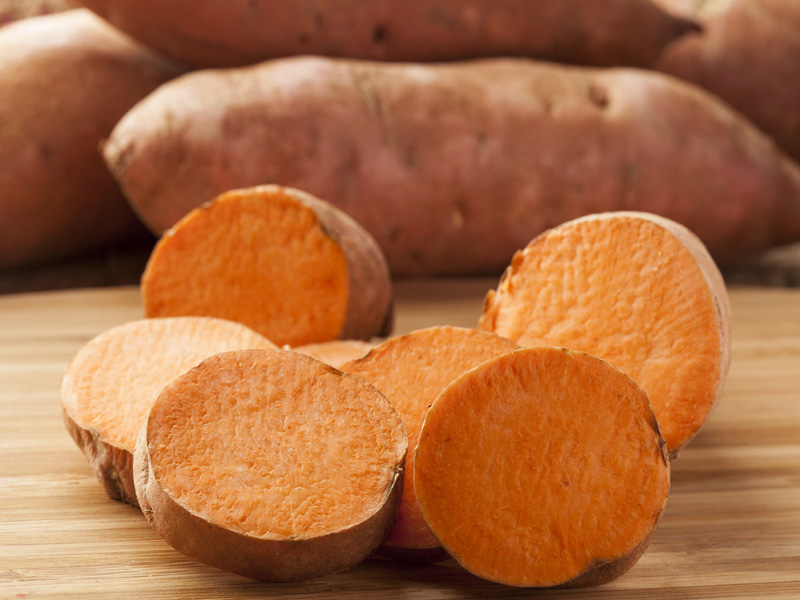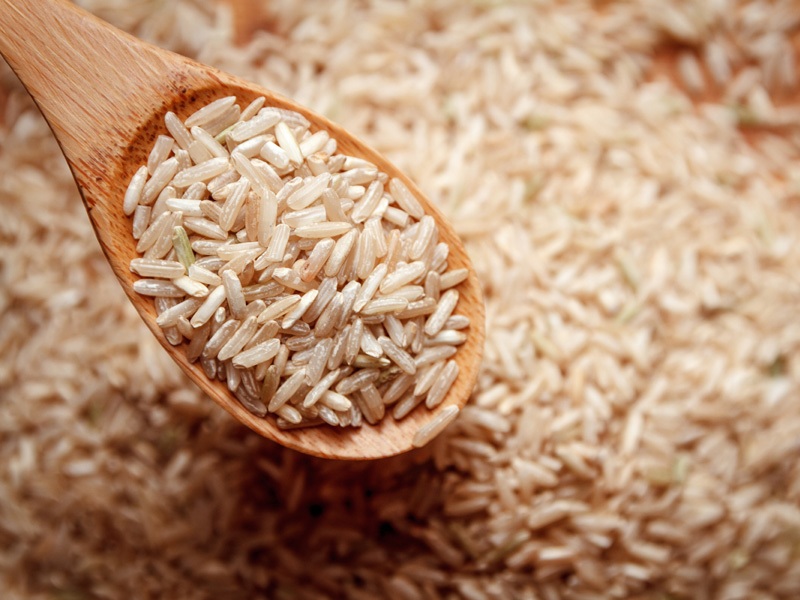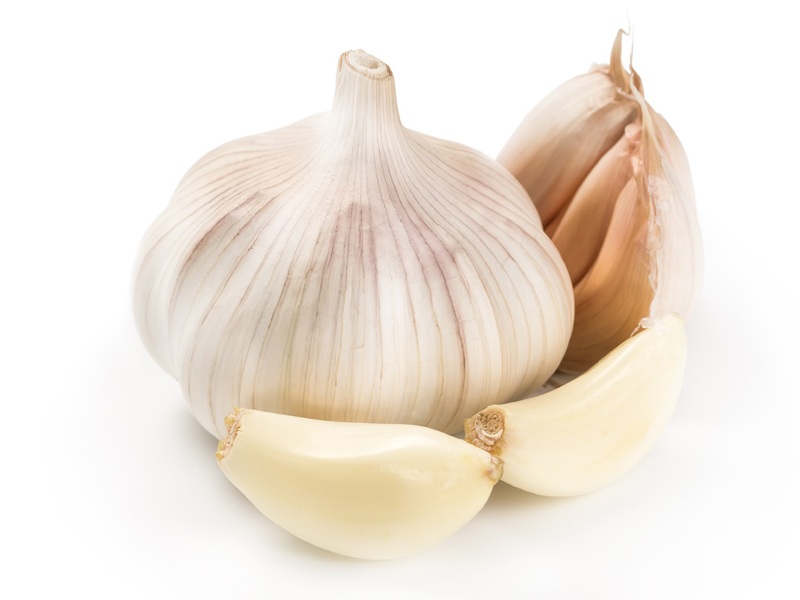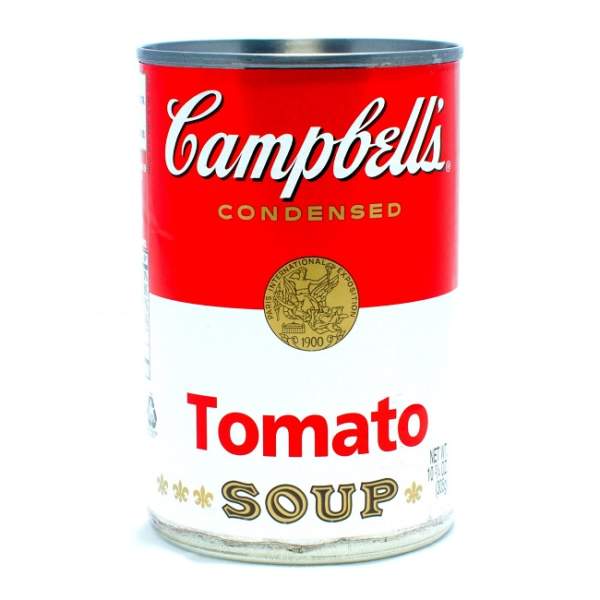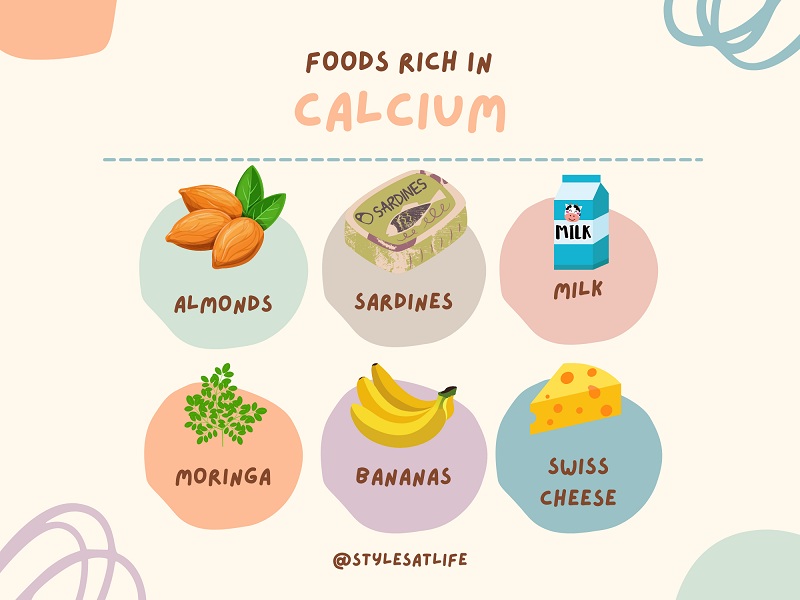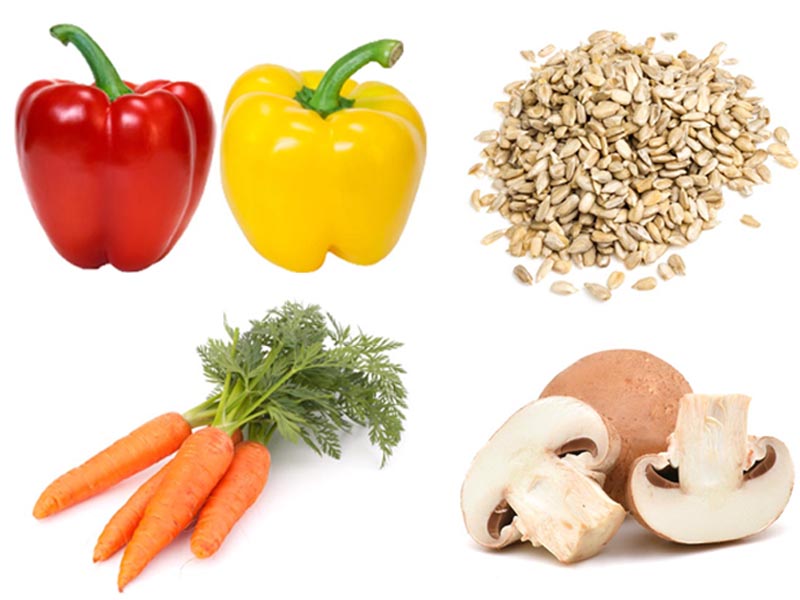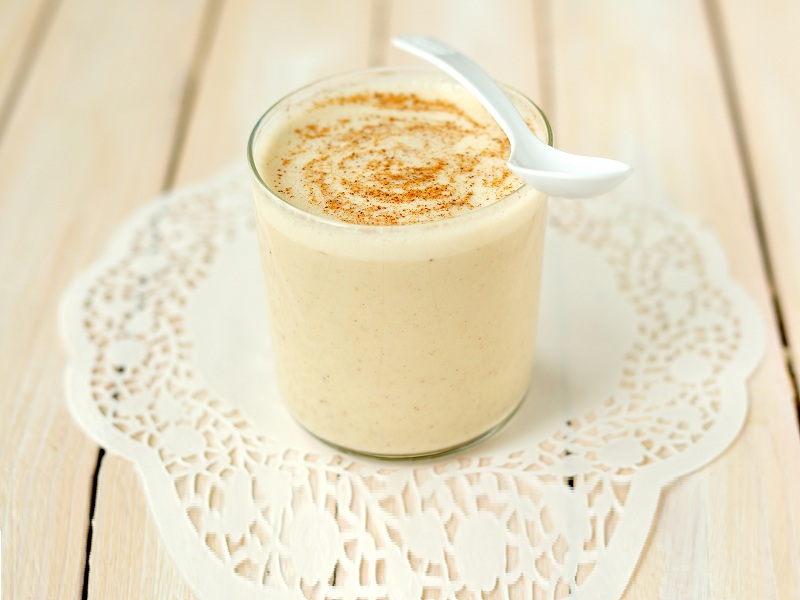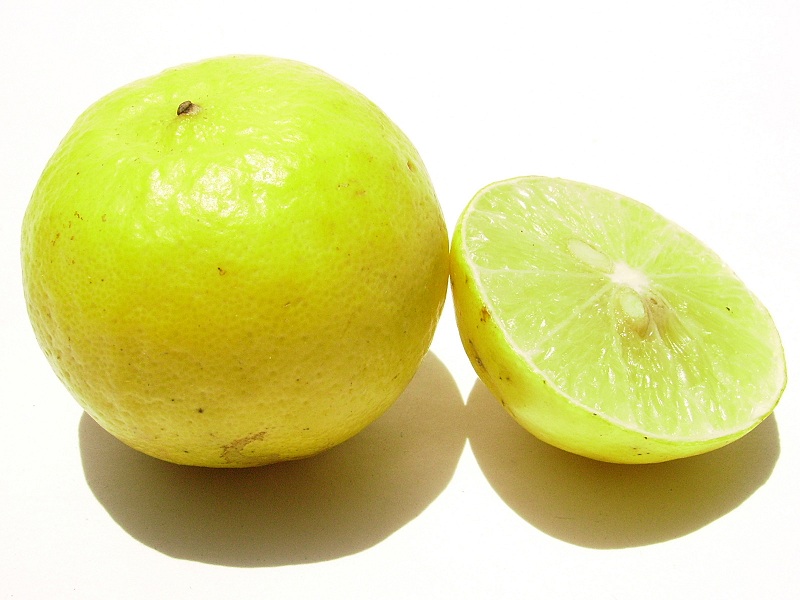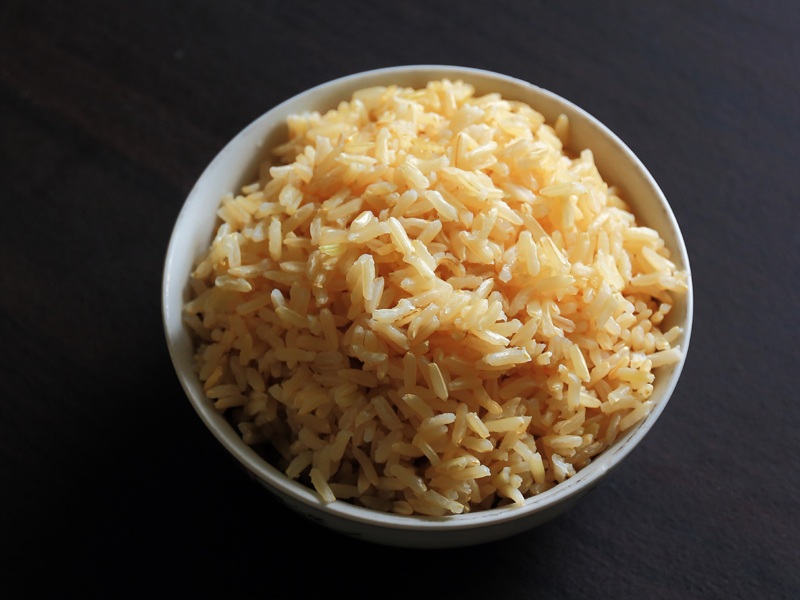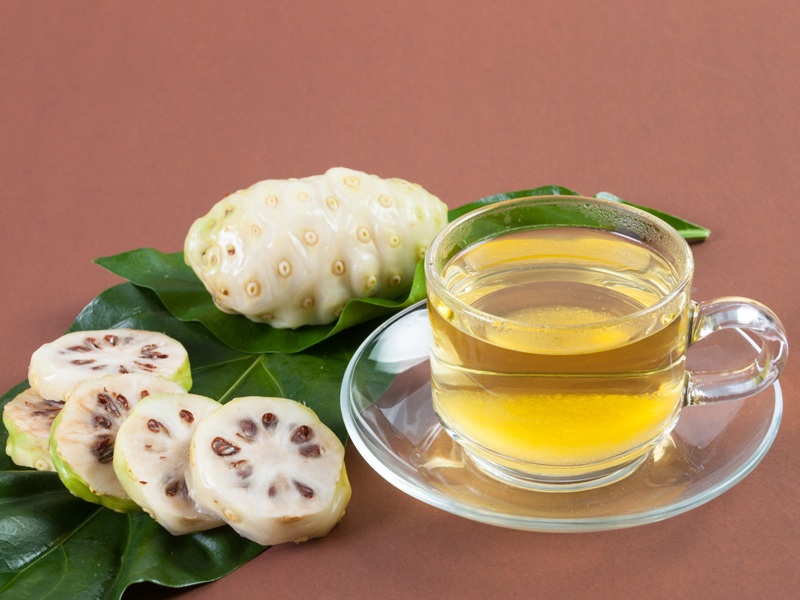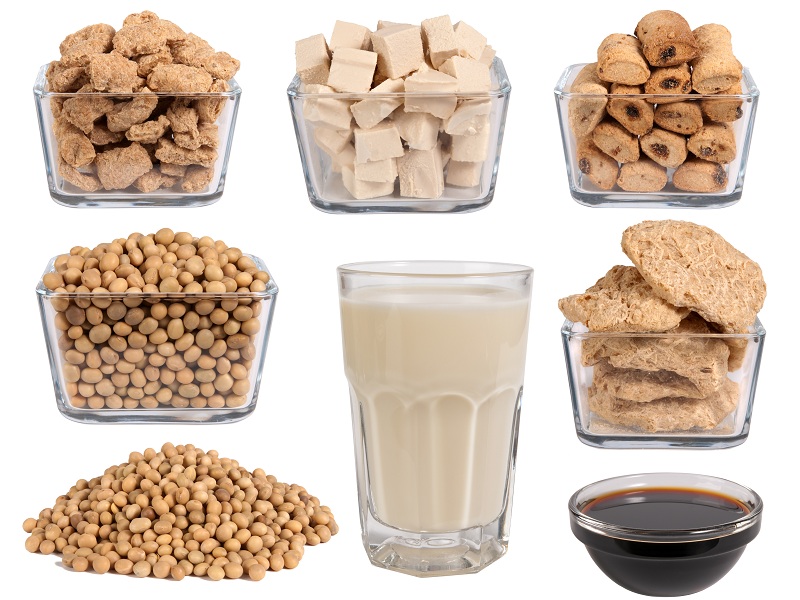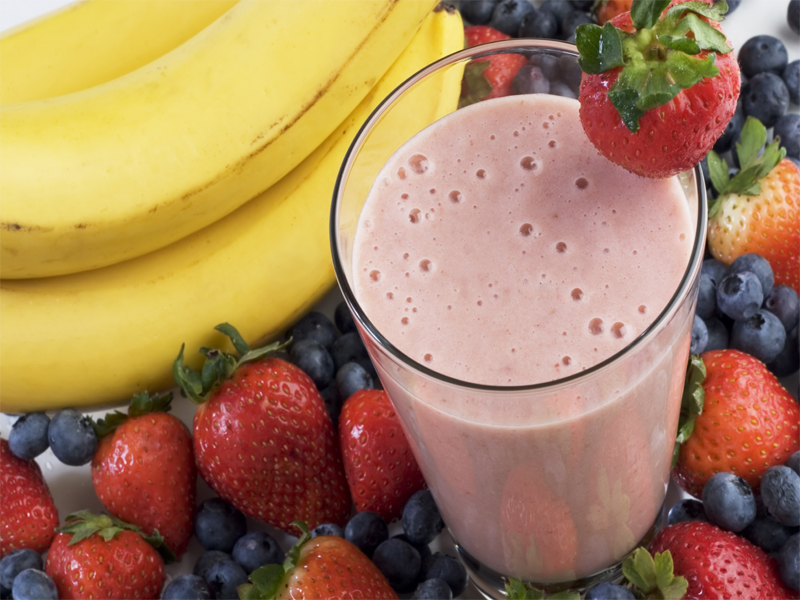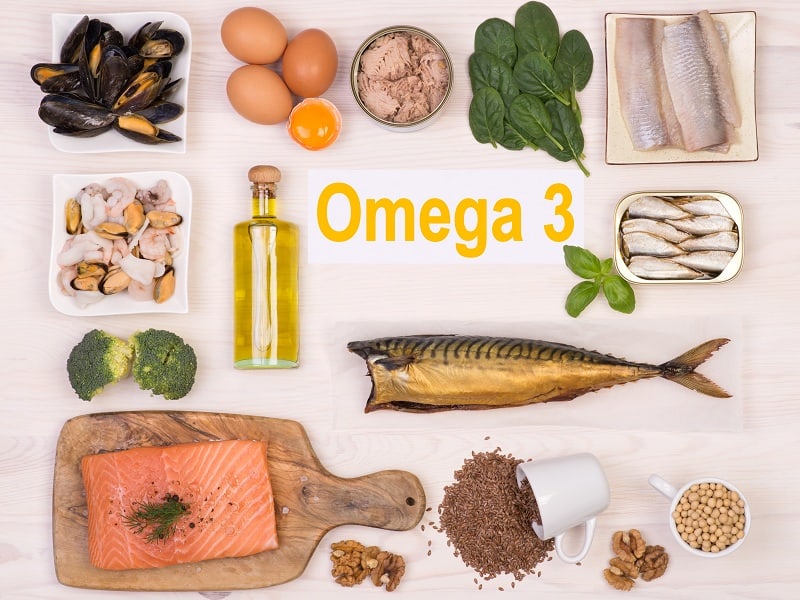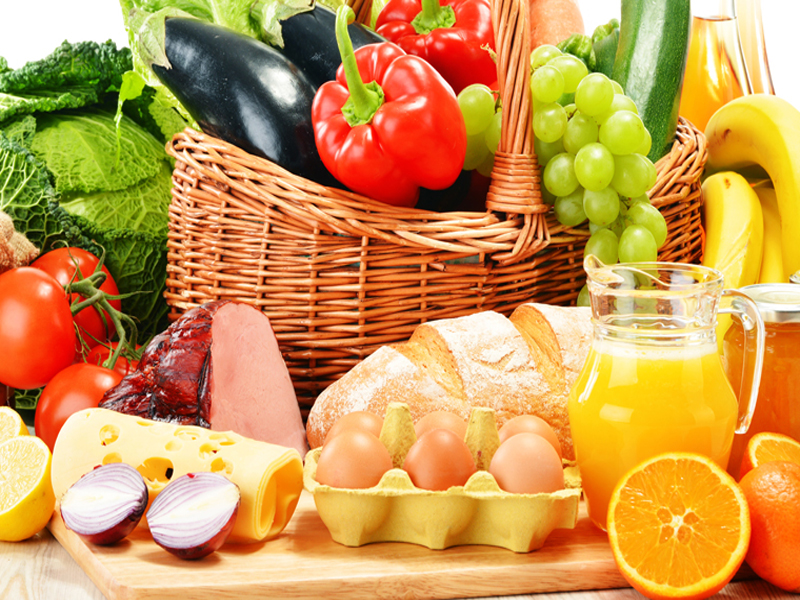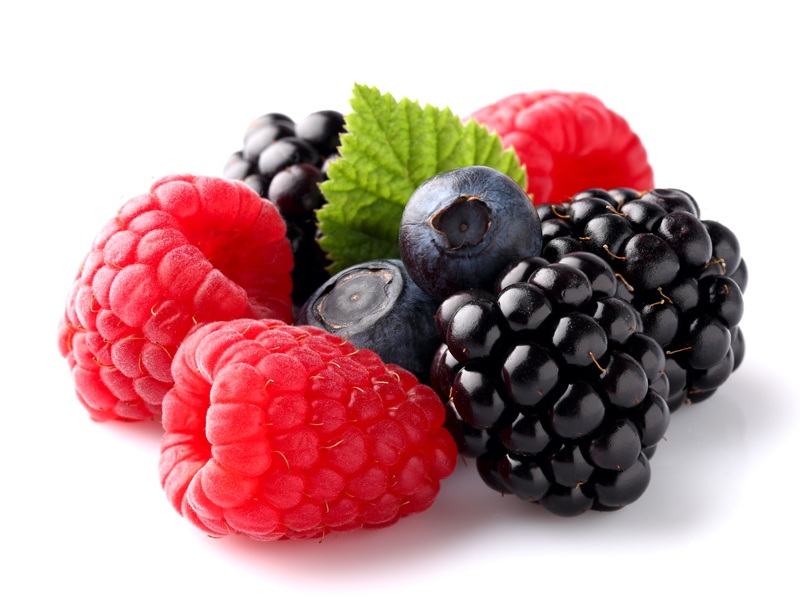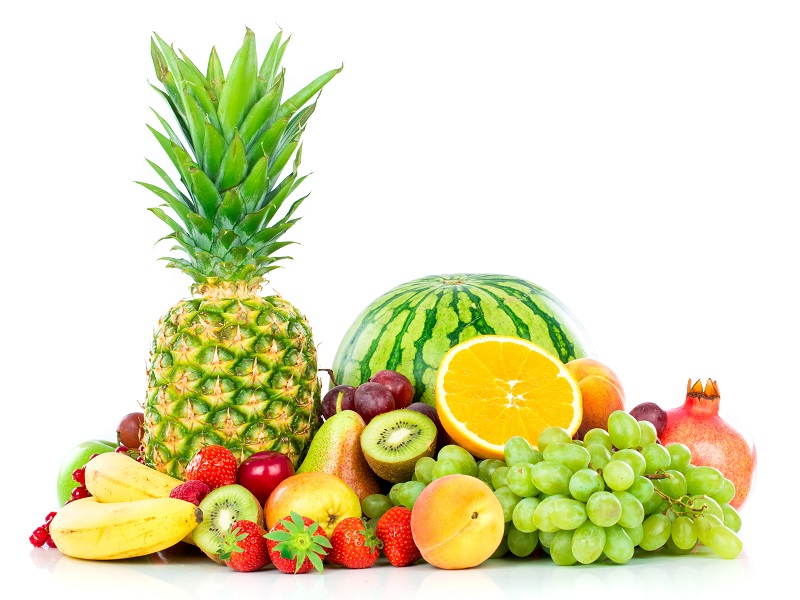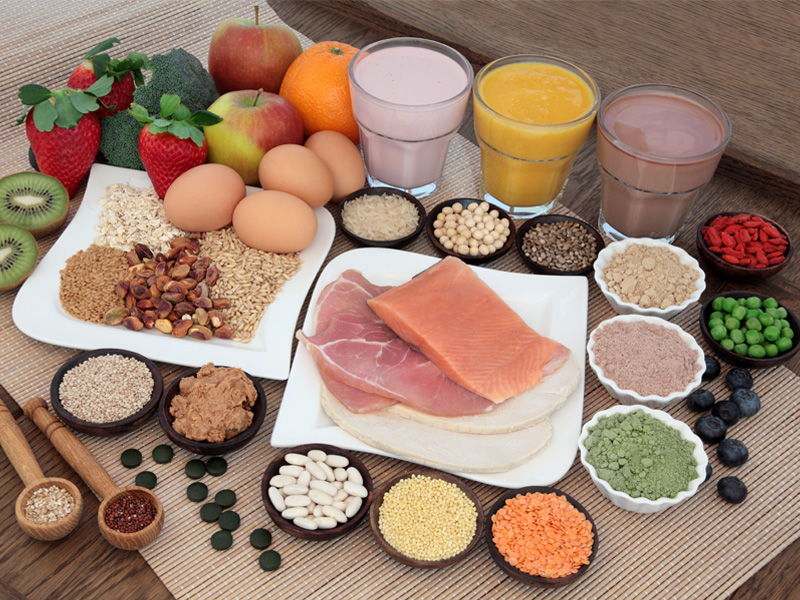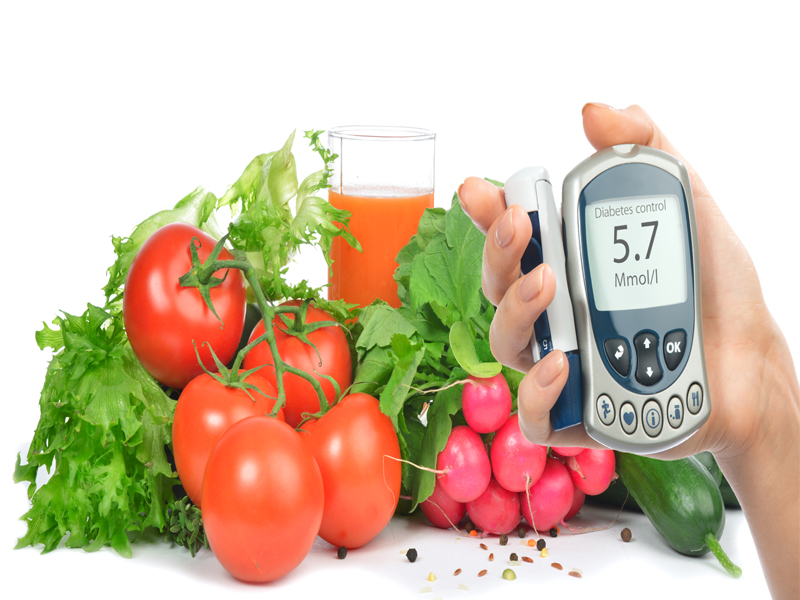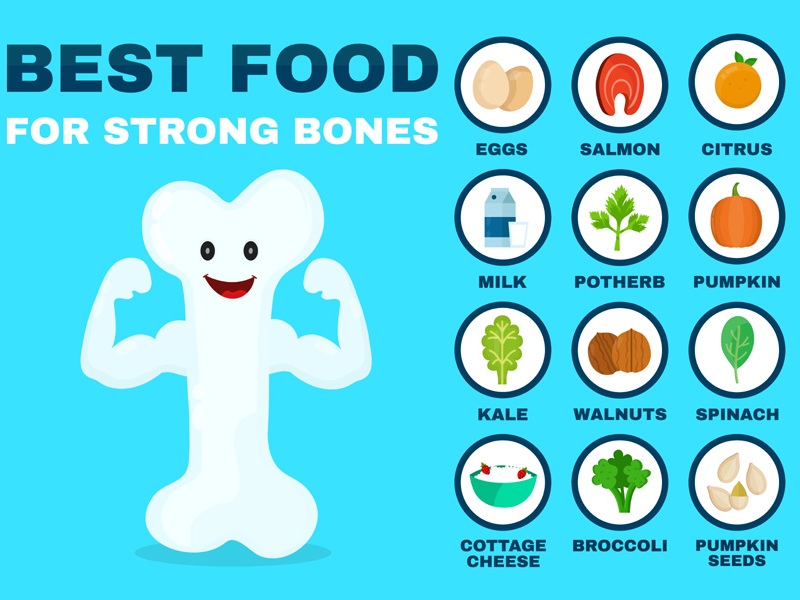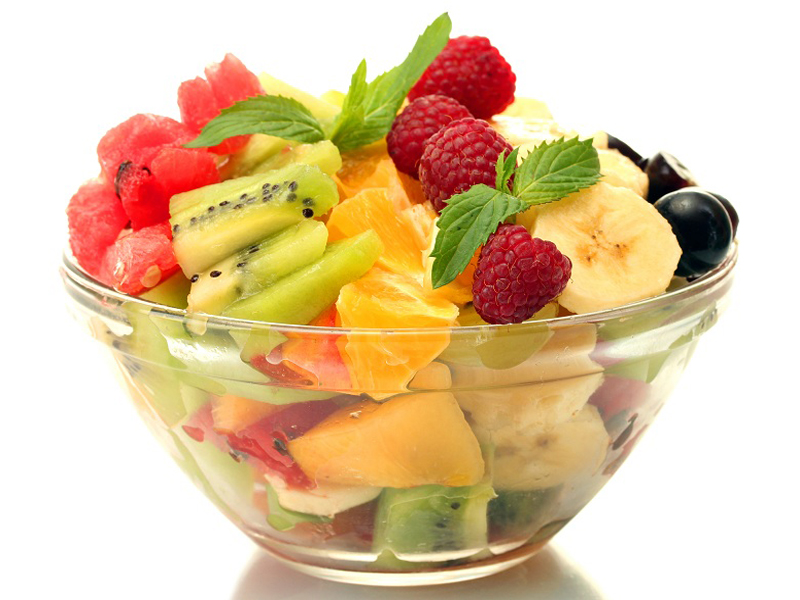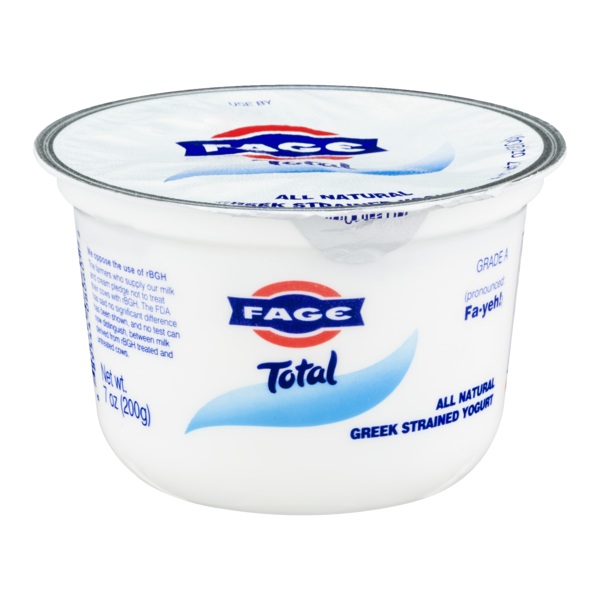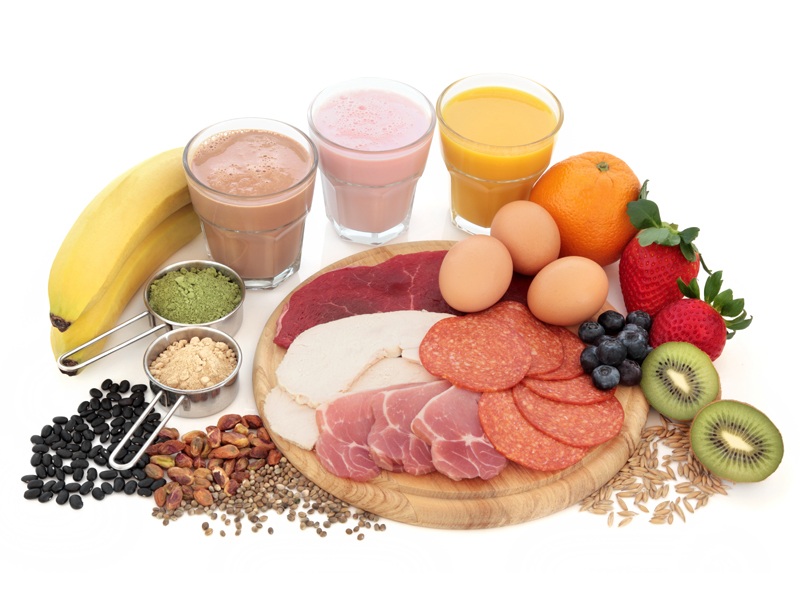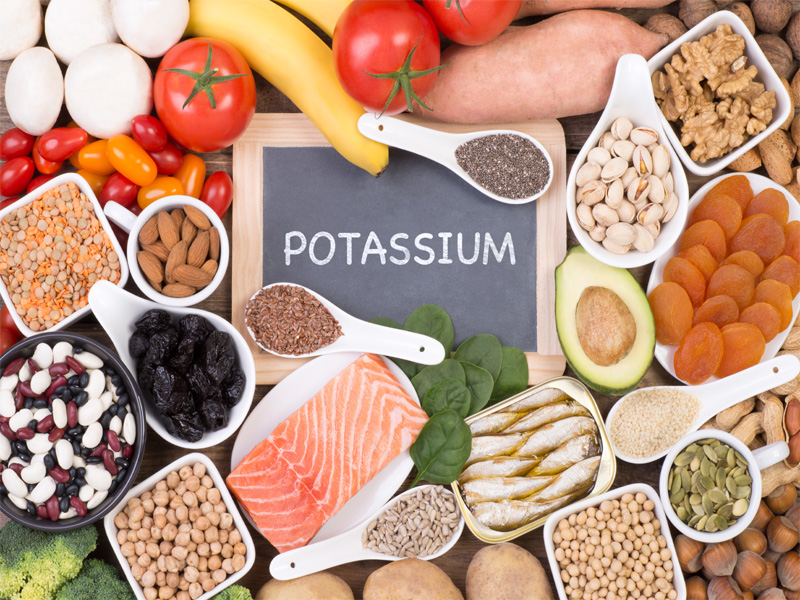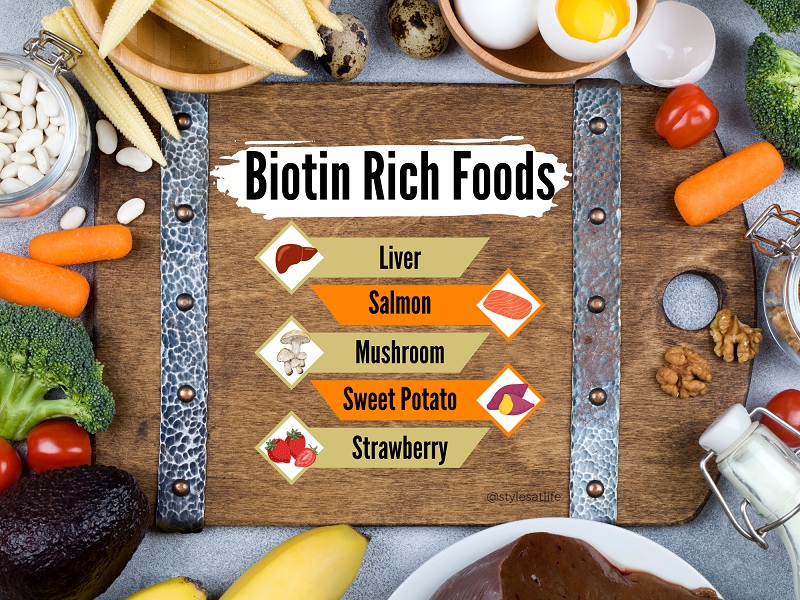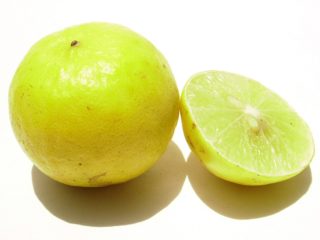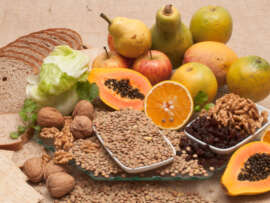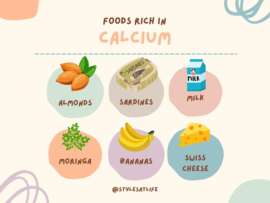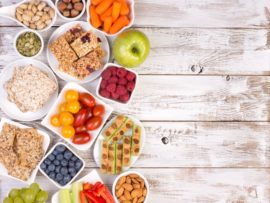Are you frustrated with the constant burps, heartburn, or a gurgling stomach? Did you know those are some of the symptoms of improper digestion? Yes! And consistent issues in your digestion can be a risk to your overall health. By including healthy foods for digestion in your diet, you can start dealing with digestive tract issues from the very beginning avoiding severe complications.
Let us go through this article to know more about the foods that improve the functioning of your digestive system.
Healthy Foods for Good Digestion: Foods to Eat and Avoid:
Healthy Foods for Digestion:
We present you with a list of foods that are beneficial for healthy digestion. Let us have a look:
1. Yogurt:
Yogurt is one of the essentials in every household, and it provides your gut with good bacteria that help improve your digestive process. According to several studies, consumption of yogurt can inhibit diarrhea, inflammatory bowel disease, reduce the risk of colon cancer, and improve bowel movements, according to several studies (1). You can ease your digestion by consuming a small bowl of yogurt after lunch or dinner. You can consider alternate options made from almond, coconut, or goat milk if you are lactose intolerant.
2. Beans:
Beans are foods that are good for your digestive system because they contain both soluble and insoluble fiber. These fibers keep your digestive system running smoothly by doing double the work. They give you the feeling of being full by slowing down your digestion and also prevents constipation naturally.
Although beans are pretty healthy for your gut, they might cause gas and cramping due to the hard-to-digest sugars. Your body doesn’t have the enzymes necessary to break down these sugars, making the bacteria in your gut do the work. This process produces gas or flatulence in many.
So, when you are in the initial stages of introducing beans to your diet, start with a little and increase the amount gradually.
See Also: Tips to Better Digestive Health
3. Fish Oil:
Fish oil is one of those foods that not only aid digestion but is beneficial for your heart. It contains high amounts of omega-3 fatty acids that can be very beneficial in smoothening your digestive process, along with managing the symptoms of diseases like ulcerative colitis and Chrohn’s. To aid digestion, you can add fatty fishes like mackerel, salmon, and tuna to your diet.
4. Ginger:
Ginger is a common ingredient we can find in Indian households and foods that help digestion. According to studies, Giner has a positive effect on enzymes that break down proteins and fats (2). Thus, ginger is effective for improper digestion and has been used as herbal medicine to treat cold, cough, nausea, and inflammation for thousands of years. In addition, ginger is found to boost antral contractions and speed up gastric emptying, according to a group of scientists from Taiwan (3).
5. Peppermint:
Peppermint grows commonly throughout most of the world and is part of the genus Mentha. It has improved digestive problems and is made from the essential oils sound in peppermint leaves.
Peppermint oil may ease the symptoms associated with IBS, such as bowel movement issues, bloating, and stomach discomfort because it contains a compound called Menthol (4). It also might improve digestion by having a relaxing effect on the muscles of your digestive tract, thereby accelerating the movement of food through the digestive system easing any issues naturally(5).
6. Water:
Water plays an essential role in maintaining the healthy digestive process. It helps your body absorb the nutrients by helping break down the food we eat. Once you drink water, it gets absorbed by the large and small intestine, breaking down the nutrients and moving into your bloodstream. According to the national institute for diabetes and digestive and kidney diseases, your stool changes from liquid to solid as your large intestine absorbs water. In addition, water helps digest soluble fiber, which slows down digestion by turning the fiber into a gel.
See Also: Amazing Home Remedies to Manage Indigestion
7. Apples:
The saying an apple a day keeps a doctor away doesn’t come just like that. Apple is one of the best fruit for digestion since it is packed with dietary fiber, vitamins, and minerals. In addition, this fruit reduces oxidative damage and inflammation in the digestive organs with its antioxidant properties.
Consuming apple helps improve digestion because it is believed to promote the growth of good gut bacteria with the help of an element called pectin (6)(7).
8. Bananas:
Bananas are some of the commonly found fruits in all seasons. This fruit aids carbohydrate digestion and improves bowel function since it is a rich source of pectin and fiber (8). In addition, bananas are easy to chew and taste excellent and also have a low GI, which helps keep your blood sugar levels down. So, banana to your diet to enjoy the benefits it offers to your digestive system.
9. Sweet Potato:
Sweet potato is yet another good digestive food that promotes nutrient absorption aiding in proper bowel movement since it is rich in dietary fiber. In addition, it helps promote the digestive enzymes in the colon by stimulating the cell synthesis of cells in the gut (9). You can use sweet potatoes instead of potatoes in curries or grill them.
10. Oranges:
Oranges are fruits that have insoluble and soluble fiber that prevents irritable bowel syndrome by maintaining the smooth functioning of your intestines and stomach. The fiber in oranges plays an essential role in improving digestive health and many health benefits, such as lowering cholesterol levels (10). Oranges have a higher ratio of soluble to insoluble fiber when compared to other fruits and vegetables.
11. Amla:
Amla is one of the foods to improve digestion by boosting the digestive fire. In addition, it has mild laxative properties that help relieve symptoms associated with IBS making expulsion of your stool easier. Furthermore, the consumption of amla helps your body absorb other nutrients because of high levels of vitamin C.
12. Chia Seeds:
Chia seeds, once consumed causes them to form a gelatin-like substance in your stomach since it is an excellent source of fiber. These seeds contribute to the healthy digestive process by supporting the growth of beneficial bacteria in your gut by working like a prebiotic (11). It also promotes bowel regularity and healthy stools with its fiber content.
13. Pickles:
Probiotics are gut-friendly bacteria similar to the bacteria present in the digestive tract naturally. Therefore, fermented pickles positively affect your gut health since it is filled with good bacteria called Probiotics.
14. Asafoetida (Hing):
Hing is another commonly found ingredient in many Indian households that promotes digestion (12). Asafoetida or hing increases the activity of digestive enzymes, thereby boosting digestion. In addition, it works explicitly on digesting fat by increasing the release of bile from the liver (13). Although there is a lack of research, this spice is frequently used to prevent or reduce gas after eating.
15. Asparagus:
Asparagus helps promote proper digestive health since it has dietary fiber in abundance. In addition, it supports regular bowel movements by adding bulk to your stool because asparagus is exceptionally high in insoluble fiber. In addition, asparagus has a small amount of soluble fiber that forms a gel-like substance in the digestive tract once it dissolves in water. So, to keep your digestive system healthy, consuming asparagus as a part of a fiber-rich diet is an excellent way.
16. Avocados:
We all know Avocado is a fruit full of healthy fats. This fruit is especially beneficial in soothing inflammation in the duodenum wall and stomach. In addition, Avocado helps treat colitis autointoxication and biliousness by changing the microorganisms present in the gut (14). Although Avocados can be beneficial and can be added easily to your diet, make sure to consult a doctor if you are allergic to latex.
17. Fermented Foods:
Foods and beverages produced through controoolllled microbial growth and converting food through enzymatic action are called fermented foods. These fermented foods help maintain a healthy weight and improve digestion, and provide immunity (15).
i. Sauerkraut:
Sauerkraut is a product that provides a good dose of Probiotics and fiber and is made from just cabbage and salt. You can get it in cans or in the refrigerated section, which tends to have more Probiotics.
ii. Tempeh:
The product made from fermented soybeans is called tempeh. It is a plant-based protein similar to tofu, but tempeh is fermented, unlike tofu. It contains all the essential amino acids, Probiotics and has a nutty flavor.
iii. Kimchi:
Kimchi is a fermented cabbage dish that is spicy and Sauerkraut’s Korean cousin. You can get in the refrigerated section in many stores.
18. Salmon:
Salmon helps reduce inflammation in your body since it is an excellent source of omega-3 fatty acids(16). In addition, omega-3 fatty acids help improve digestion by reducing the inflammation in the gut, especially in people with inflammatory bowel disease, food intolerances, and other digestive disorders.
19. Fennel Seeds:
Fennel seeds help prevent bloating indigestion, stomach ache, flatulence, etc. since it is a carminative herb. In addition, these seeds help cleanse the colon because of a bioactive compound called fenchone that relaxes the lining of the digestive tract. You can also stimulate digestive juices and improve nutrient absorption by consuming fennel seeds (17).
20. Whole Grains:
Whole grains contain soluble and insoluble fiber; soluble fiber traps the foods and increases satiety while slowing the glucose absorption by forming a gel-like substance. Whereas insoluble fiber adds bulk to the stool, which helps promote bowel movement. According to the American dietary guideline, you should consume three ounces of whole grains per day (18).
21. Broth:
Simmering of the bones and connecting tissue of animals is called bone broth. Bone broth derives gelatin from glutamine and glycine, which are amino acids. These amino acids help food pass more quickly by binding the fluid in your digestive tract (19). In addition, the amino acid glutamine has been shown to improve digestive conditions and other inflammatory bowel diseases by protecting intestinal wall functioning (20).
22. Papaya:
Papayas aid in digestion by breaking down food with the help of proteolytic enzymes, papain, and chymopapain that have antimicrobial properties. This fruit helps flush out toxins from your body since it is a rich source of vitamins B and C (21). You can either add papaya to your fruit bowl or prepare a smoothie.
23. Brown Rice:
Brown rice can be the perfect food that aids digestion and can be easily added to your diet. The fiber in it not only keeps you full but helps regulate bowel movements. The effects of brown and white rice during digestion found evidence that the bran layer on the brown rice helps bulk your stool by slowing down emptying. It also helps relieve conditions like colitis and constipation because of the fiber content.
See Also: What are the Symptoms of Indigestion?
24. Quinoa:
Quinoa is a naturally gluten-freee grain considered one of the best digestive foods with high amounts of dietary fiber. When compared to white or brown rice, one cup of quinoa contains five grams of dietary fiber. The fiber present in this grain might help lower cholesterol, helps control blood sugar levels, and also helps prevent constipation. In addition, the amount of fiber present in quinoa makes you less likely to overeat by making you feel full longer (22).
25. Mushrooms:
To live our lives to the best and fullest, it is necessary to take care and nourish our gut. Mushrooms can inhibit the growth of nasty bacteria and yeasts with their natural antibiotic properties making them easy to digest foods for your digestive health. In addition, mushrooms are considered a gut-loving food because it is stacked with immune-boosting powers and stress adapting properties.
26. Turmeric:
Turmeric is yet another popular spice found in an Indian household and has many beneficial properties. It contributes to healthy digestion because of its antioxidant and anti-inflammatory properties (23). In addition, it has been used as a digestive healing agent in ayurvedic medicine.
Worst Foods for Digestion:
Any food taken in moderation doesn’t harm your body. But here is the list of foods you need to avoid consuming to avoid the symptoms associated with indigestion:
- Artificial sweeteners.
- Carbonated beverages.
- Refined carbohydrates.
- White or milk chocolate.
- Alcohol.
- Foods that have high amounts of saturated fats.
- Caffeinated drinks.
- Spicy foods.
- Greasy foods.
Without further ado, include the foods mentioned in this article in your diet and see the difference for yourself. By making simple changes in your diet and lifestyle, you can deal with digestive issues from becoming complicated issues that might require surgeries. If your digestion doesn’t come back to normal even after making the changes, consult a medical professional. If you find the article helpful, make sure to share it with your friends.
Disclaimer: The content presented in this article is merely an informational basis and not a replacement for medical advice. Before you start introducing anything to your diet, consult your doctor, and the website is not responsible for the side effects they might have on your body.
FAQ:
1. What are some of the common signs of a bad digestive system?
Ans: Some of the common signs of improper functioning of your digestive system are:
- Bloating.
- Constipation.
- Bleeding.
- Heartburn.
- Vomiting and nausea.
- Belly pain.
- Diarrhea.
- Incontinence.
2. Name some of the healthy drinks that improve digestion?
Ans: Here is the list of some of the healthy drinks you can include in your daily routine that helps improve your digestion:
- Ginger tea.
- Kombucha.
- Peppermint tea.
- Lemongrass tea.
- Fennel tea.
- Water.
3. What are some of the common causes of poor digestion?
Ans: An unhealthy lifestyle, poor nutrition, infection, food sensitivity are some of the common causes of poor digestion in many people. When the digestive system is in distress, it results in diarrhea, constipation, Irritable bowel syndrome, heartburn, and Inflammatory bowel disease associated with the digestive tract.


